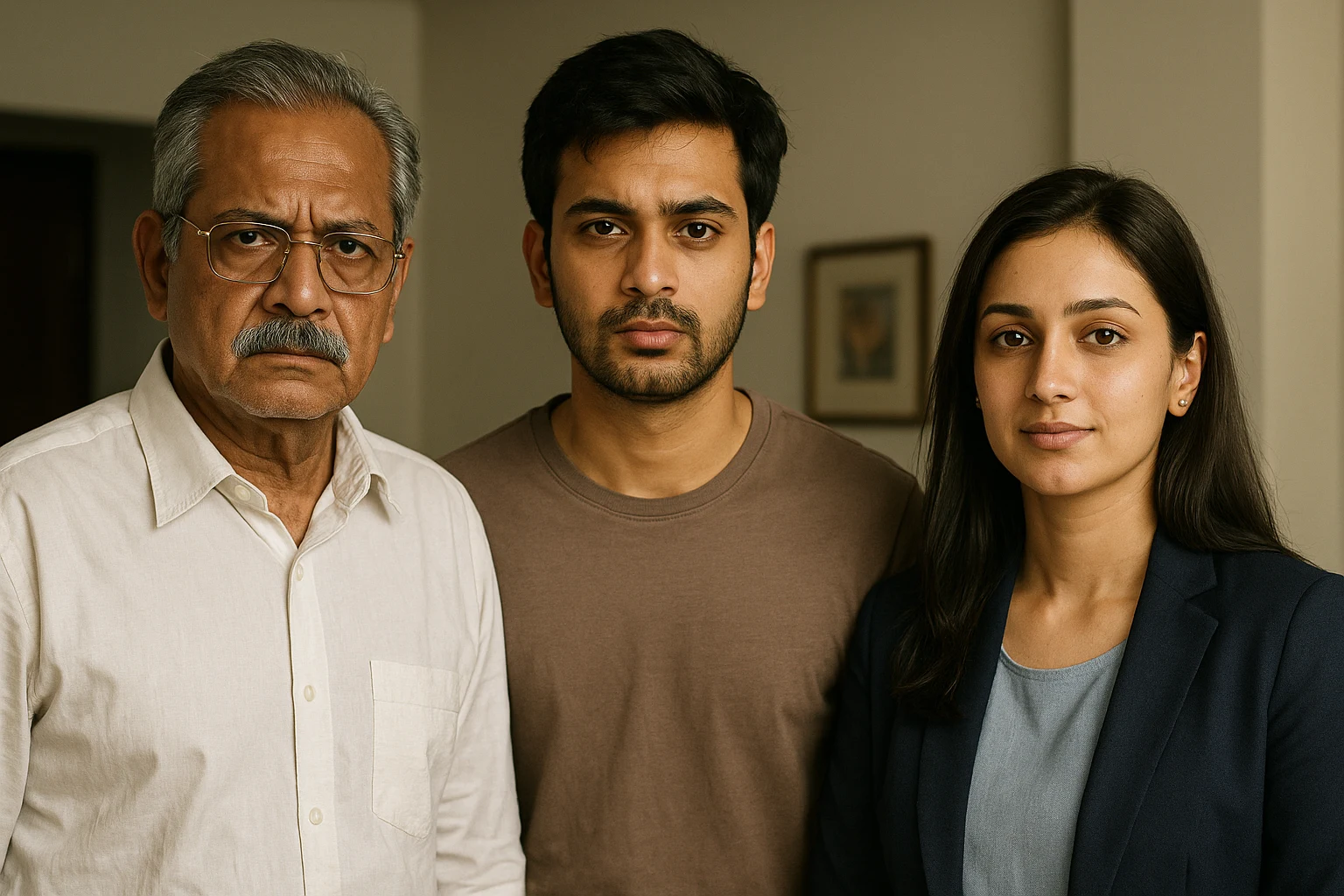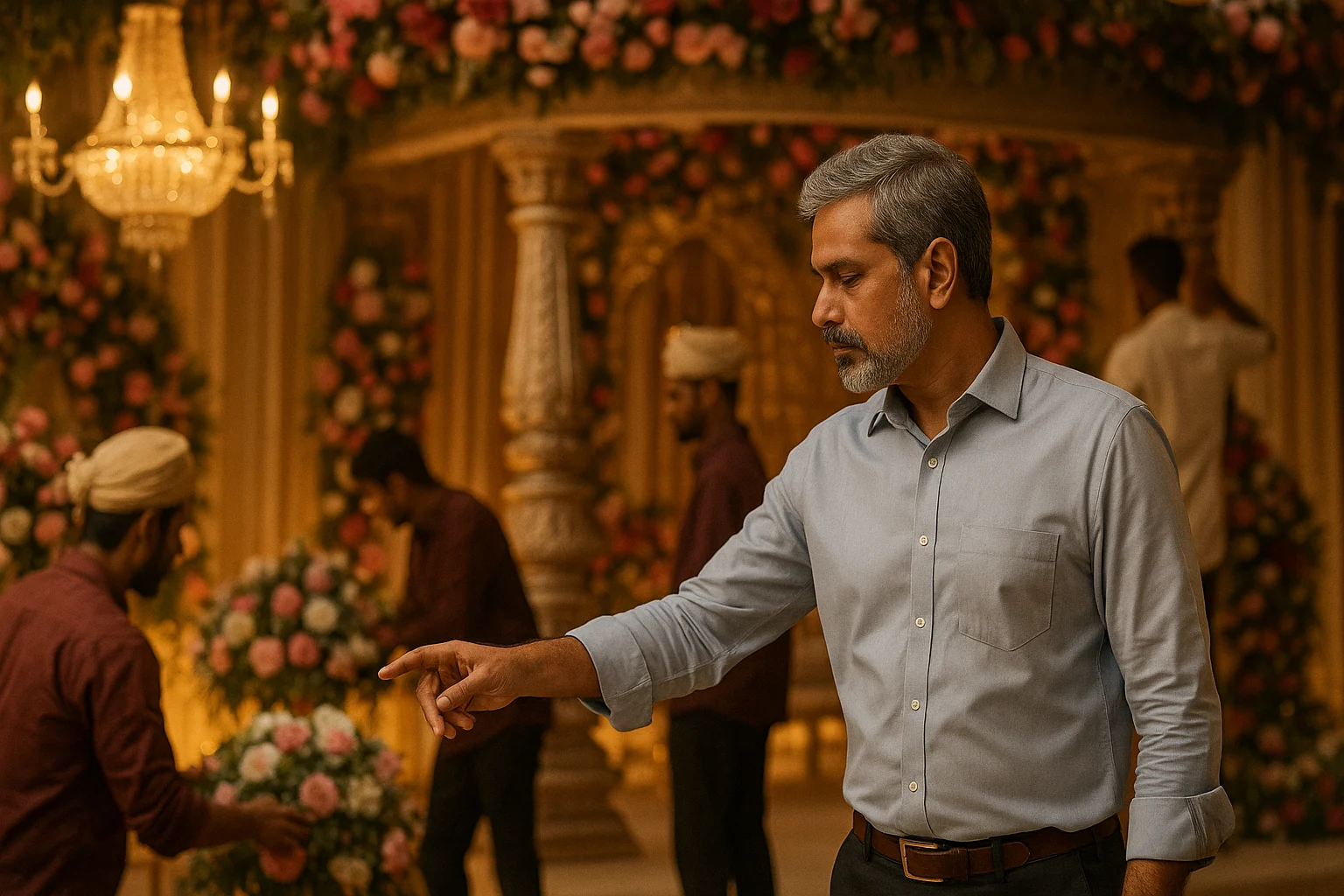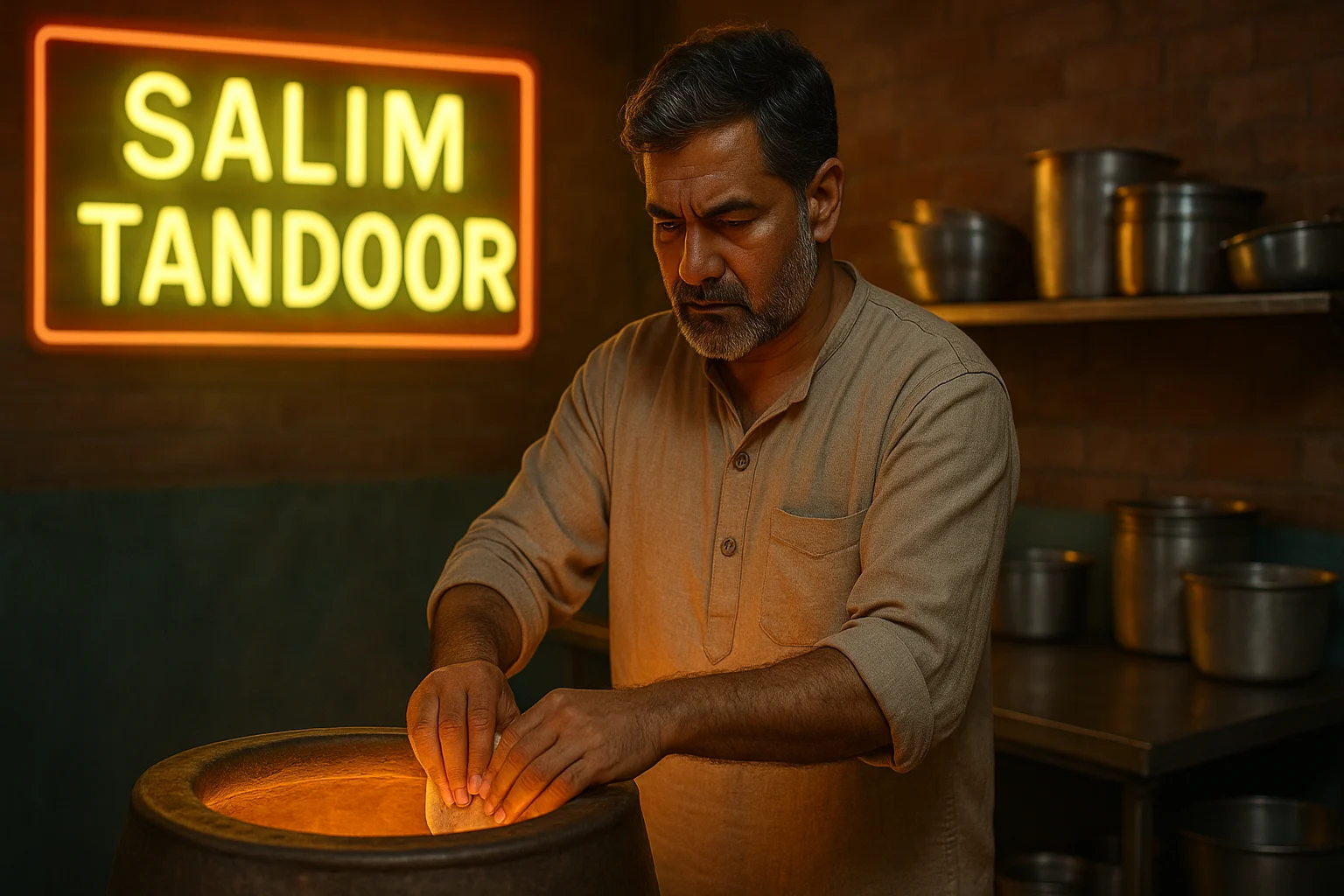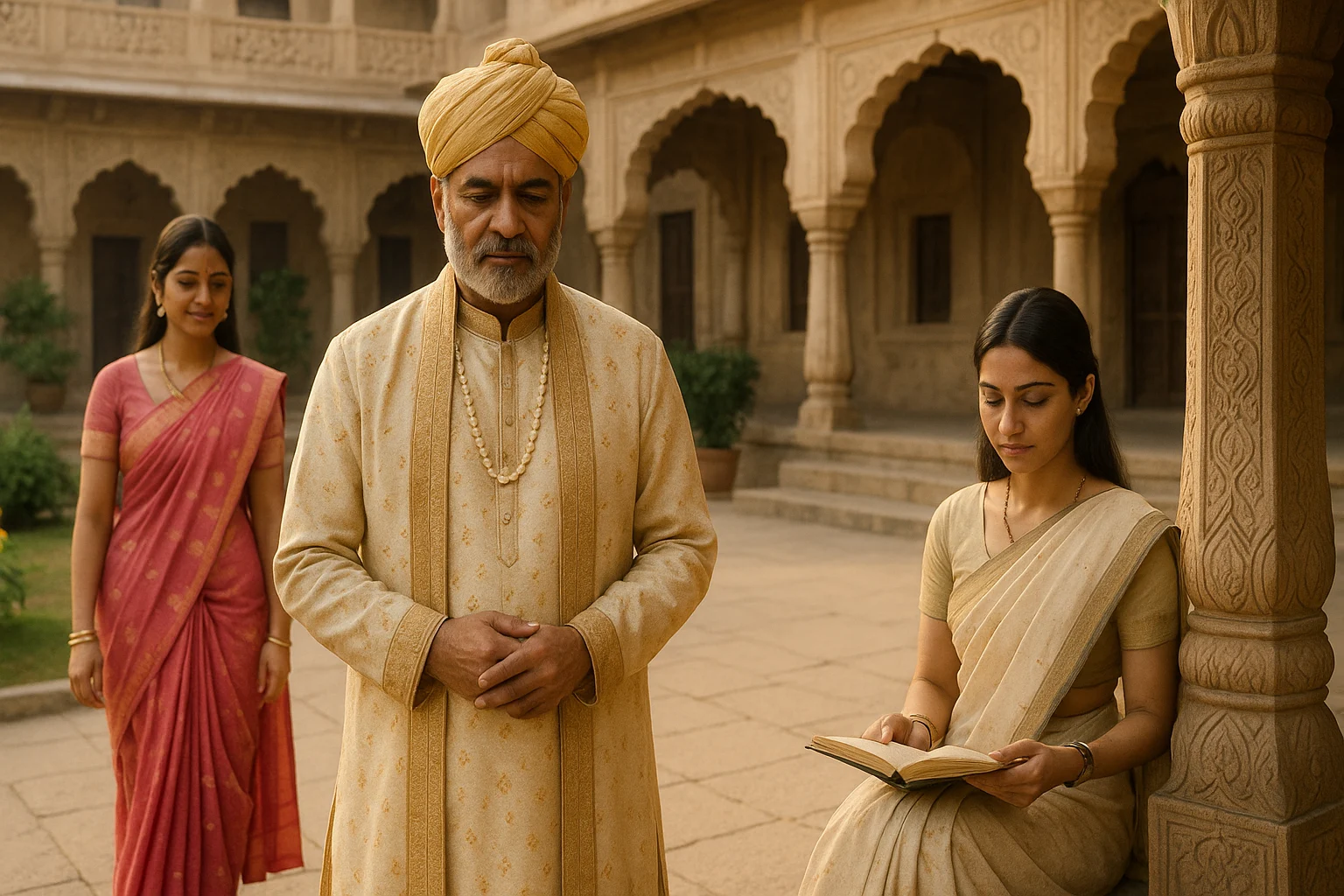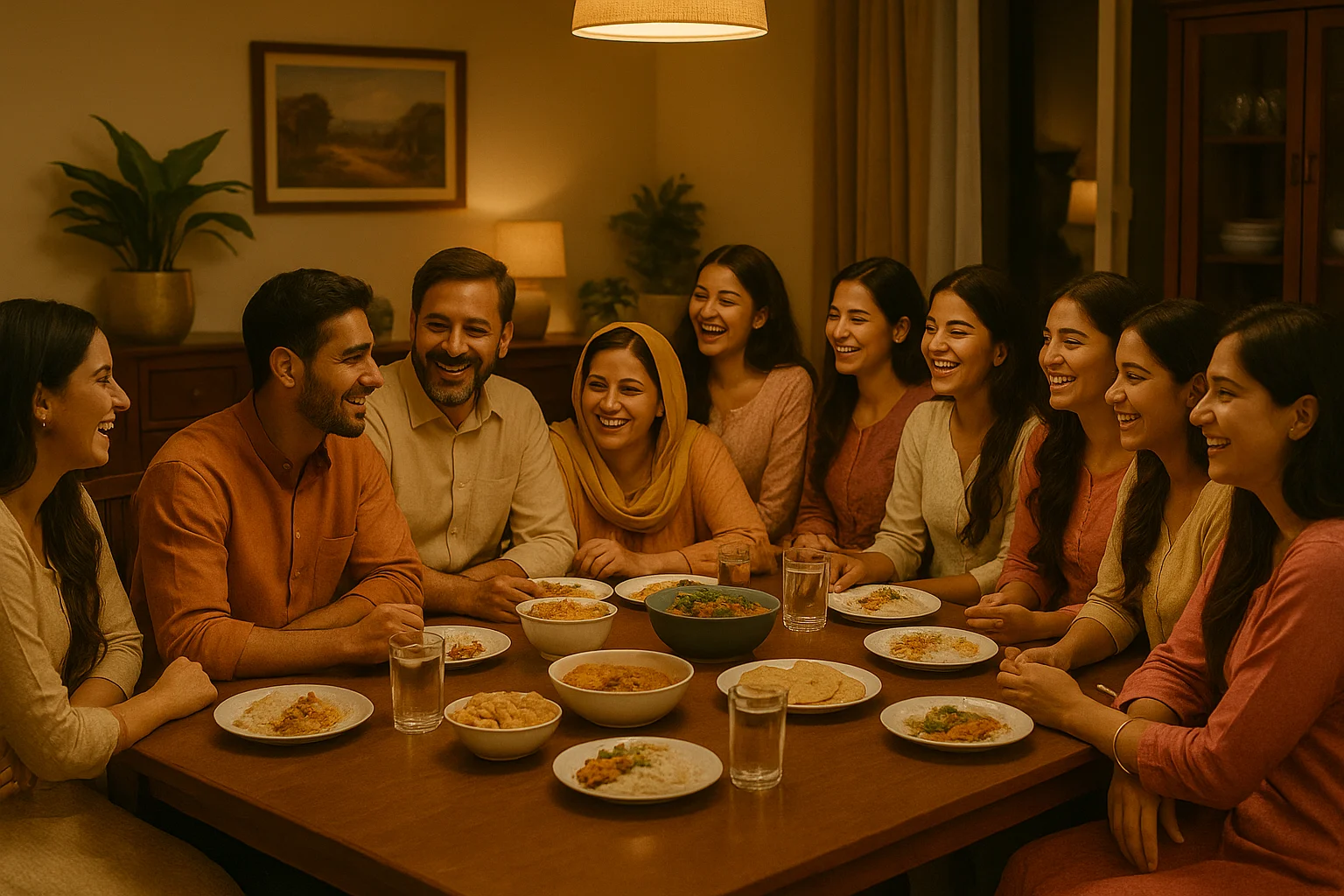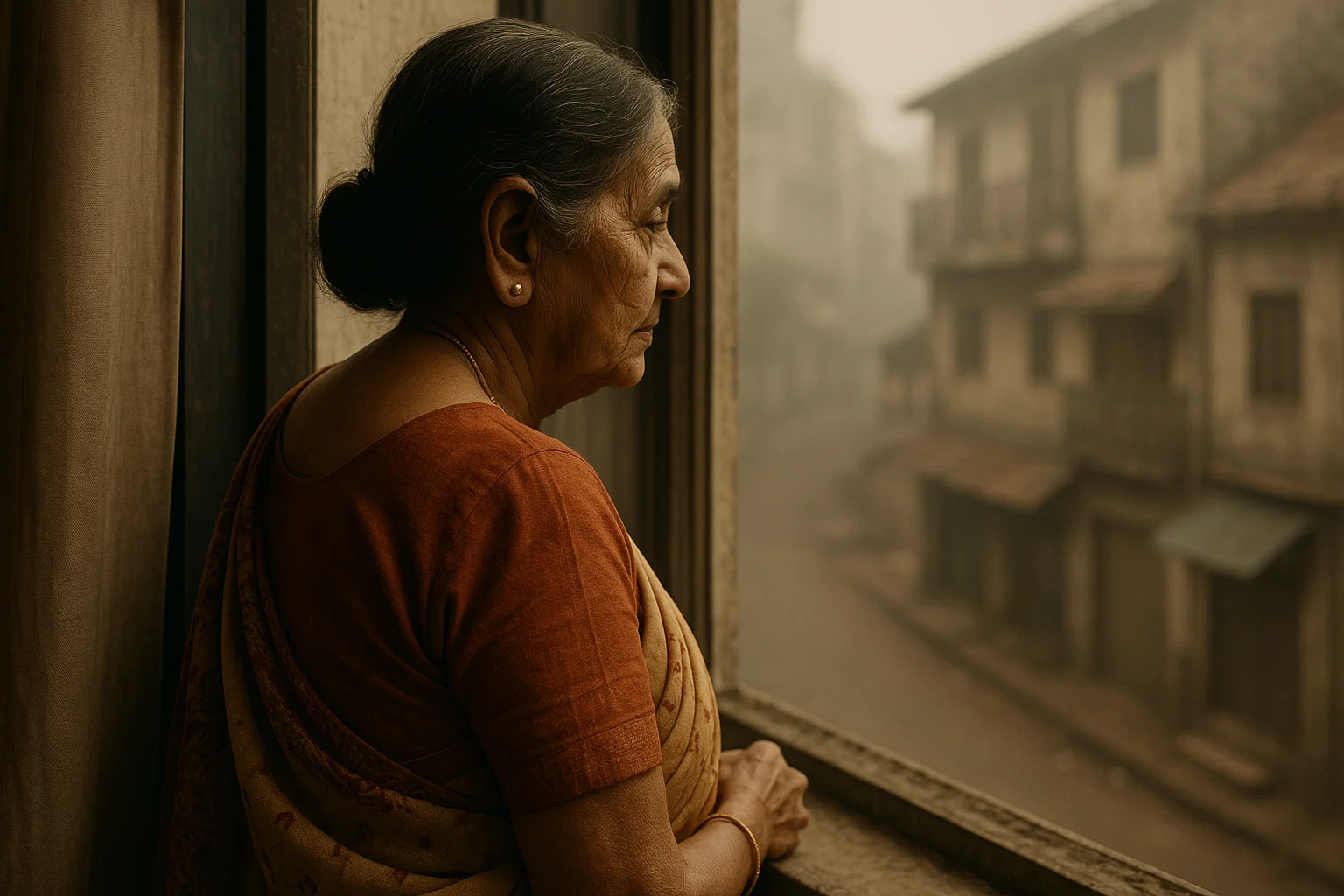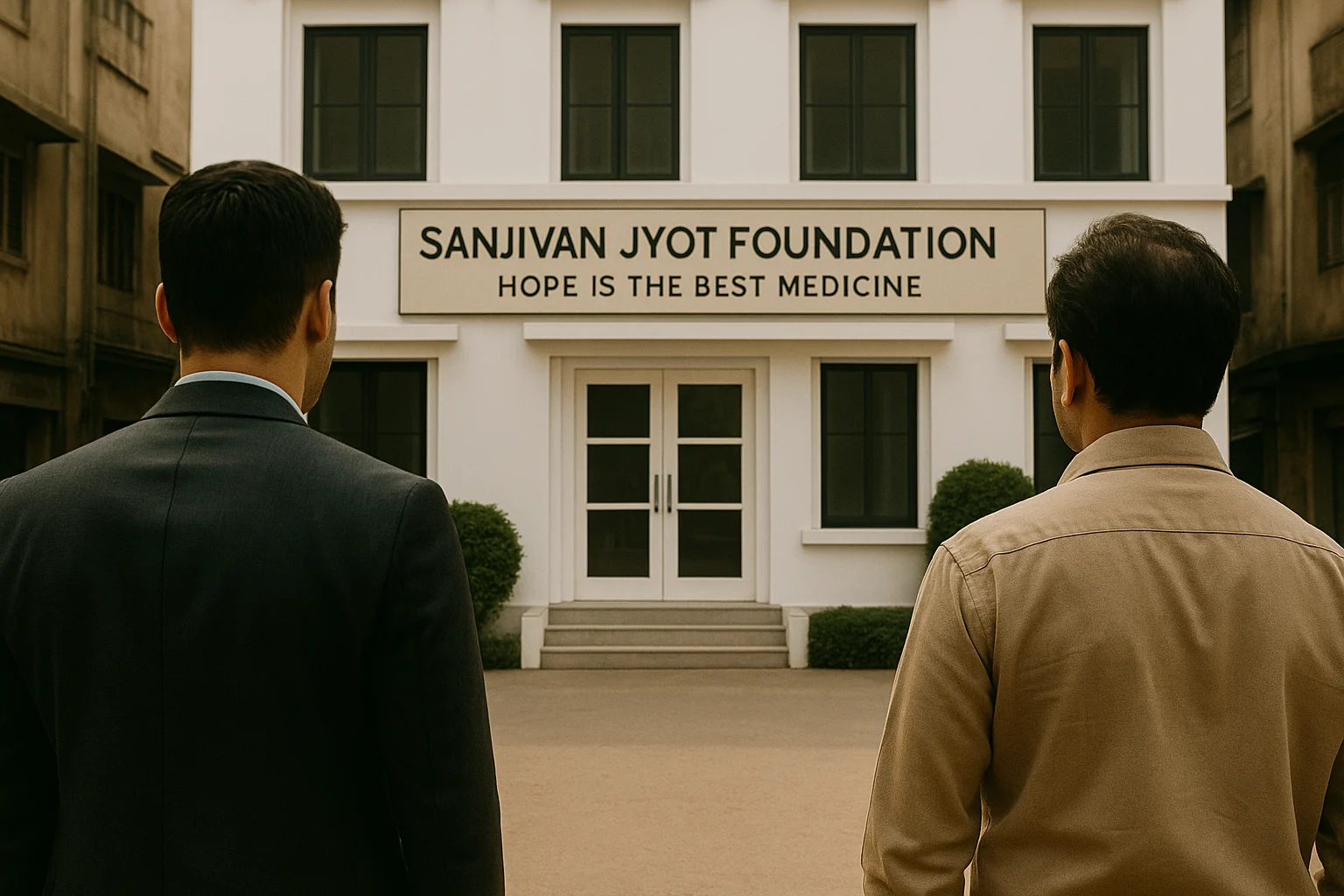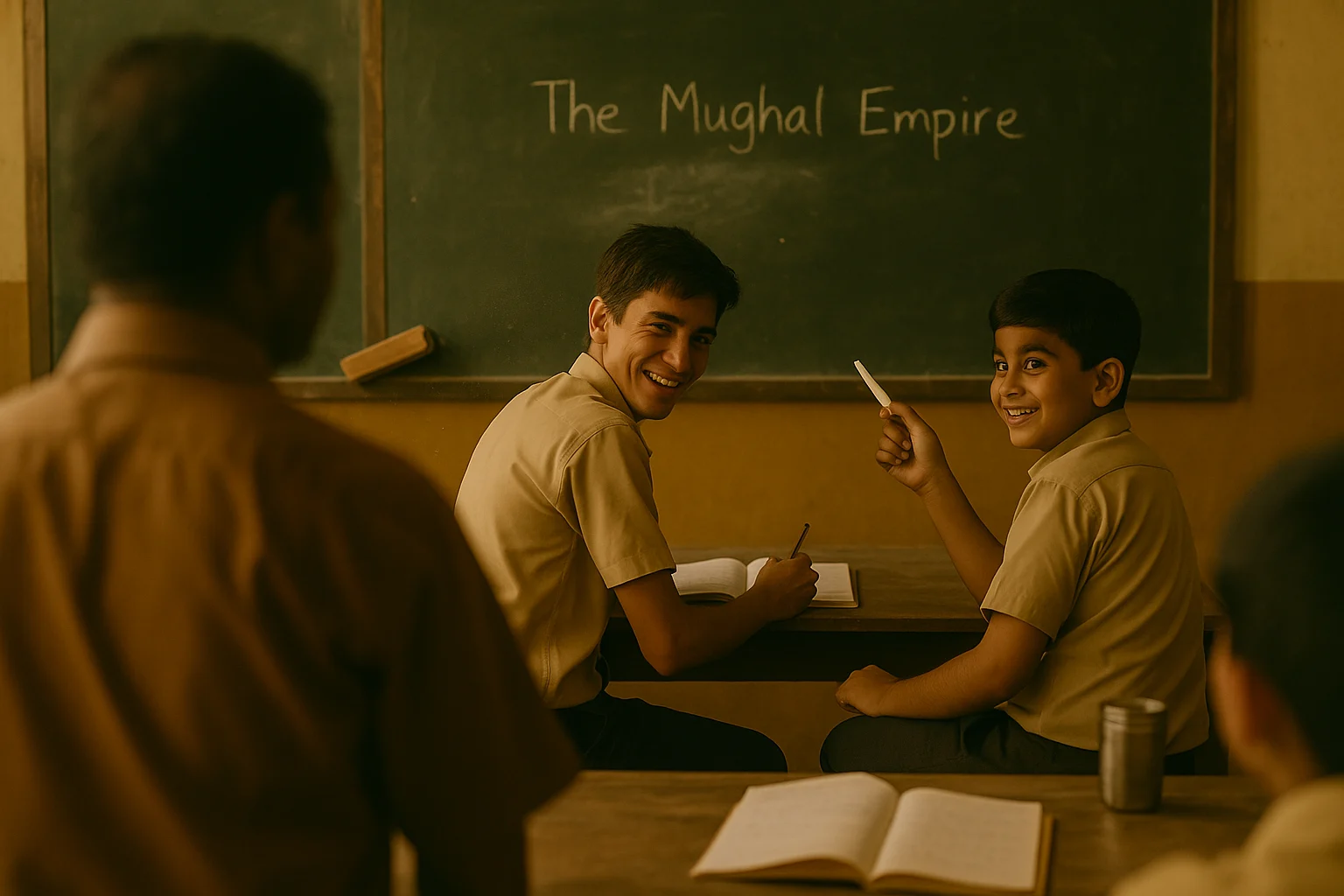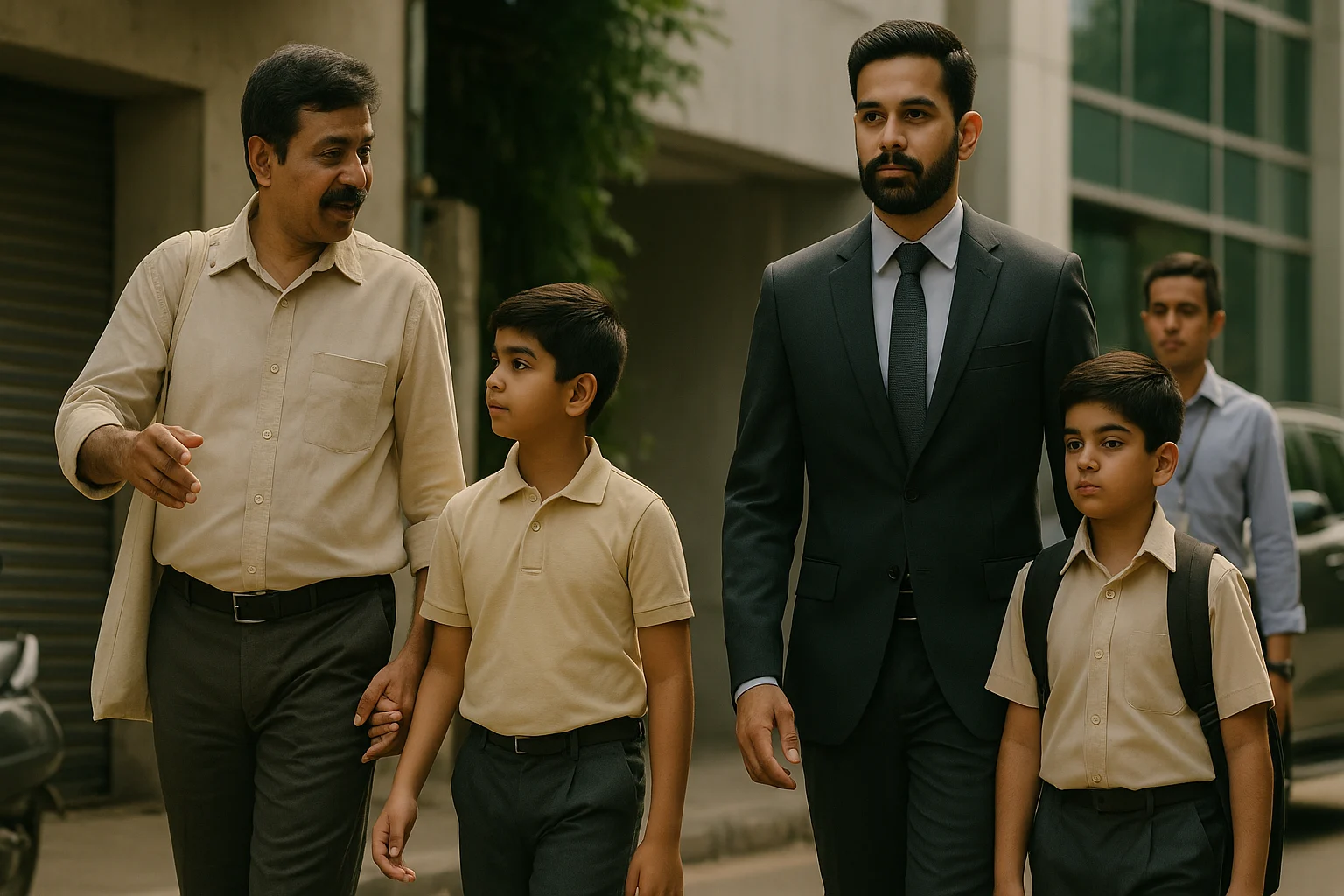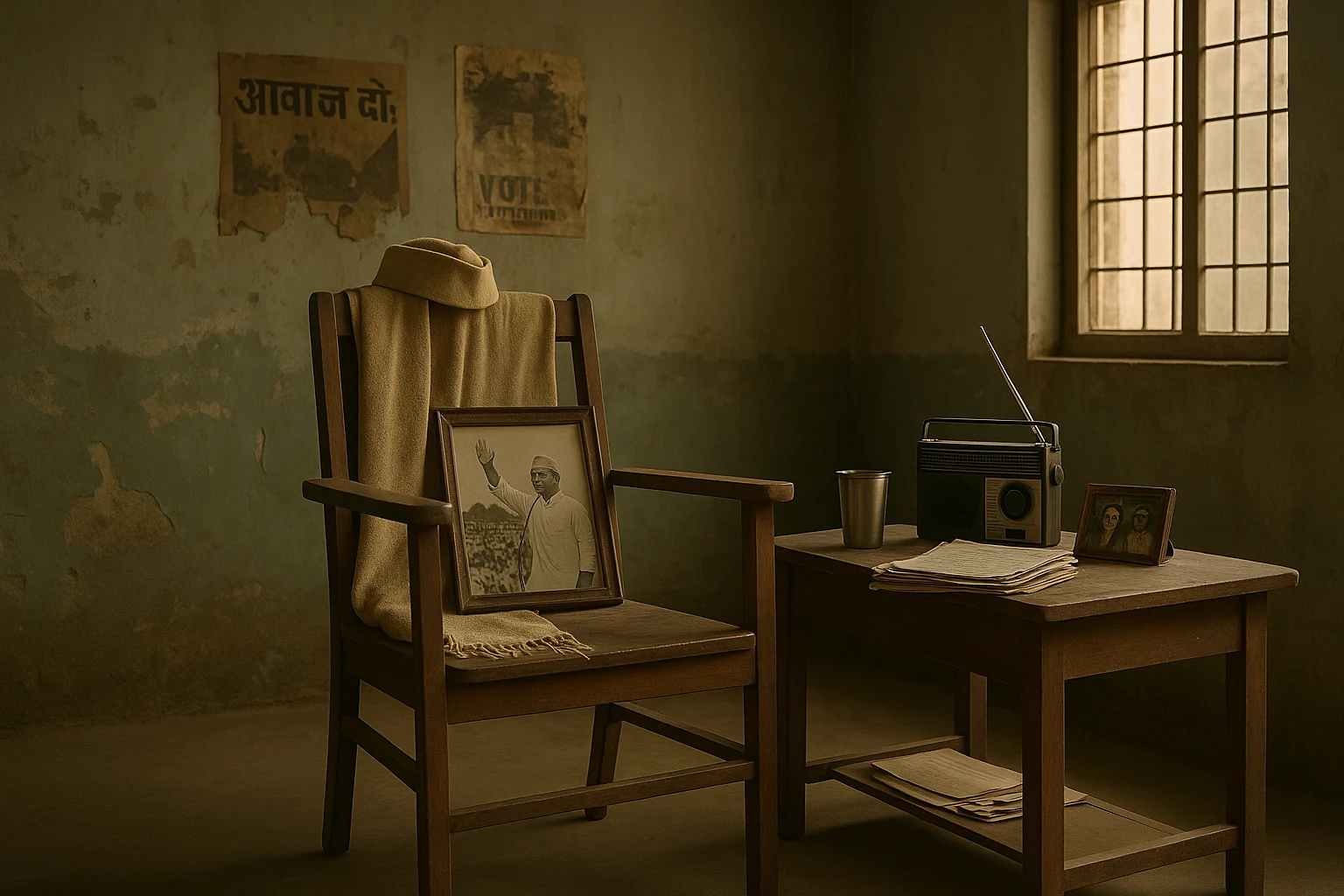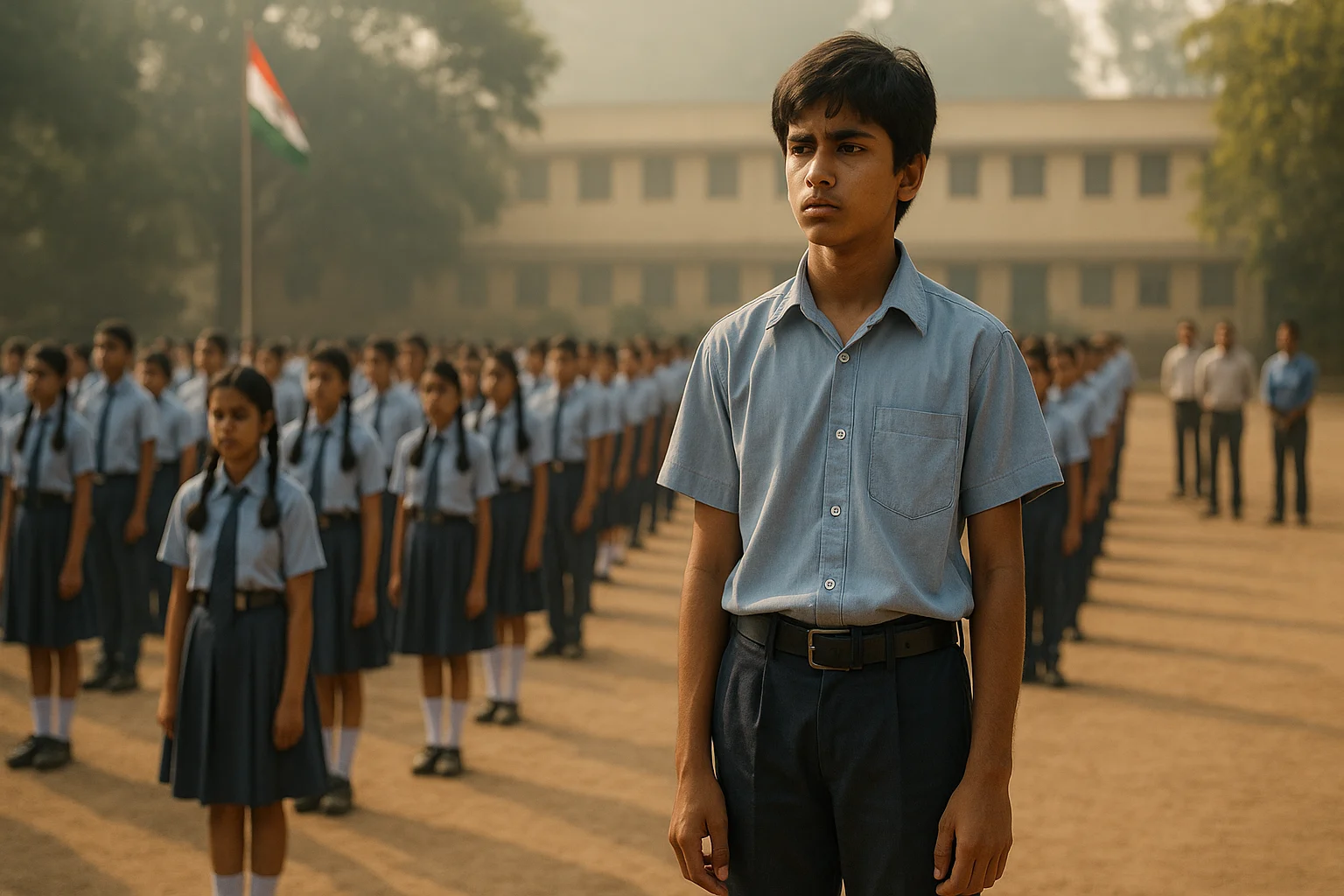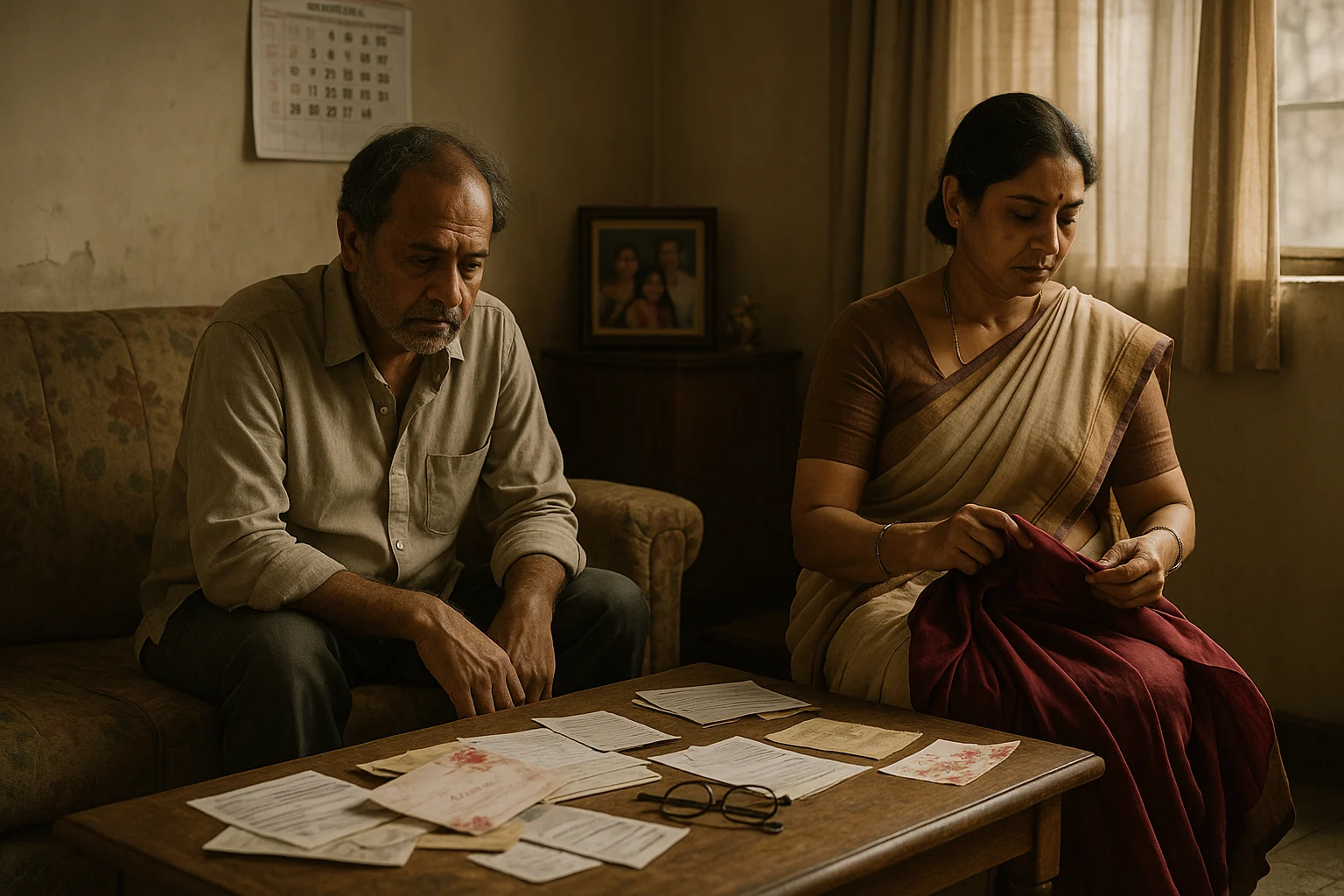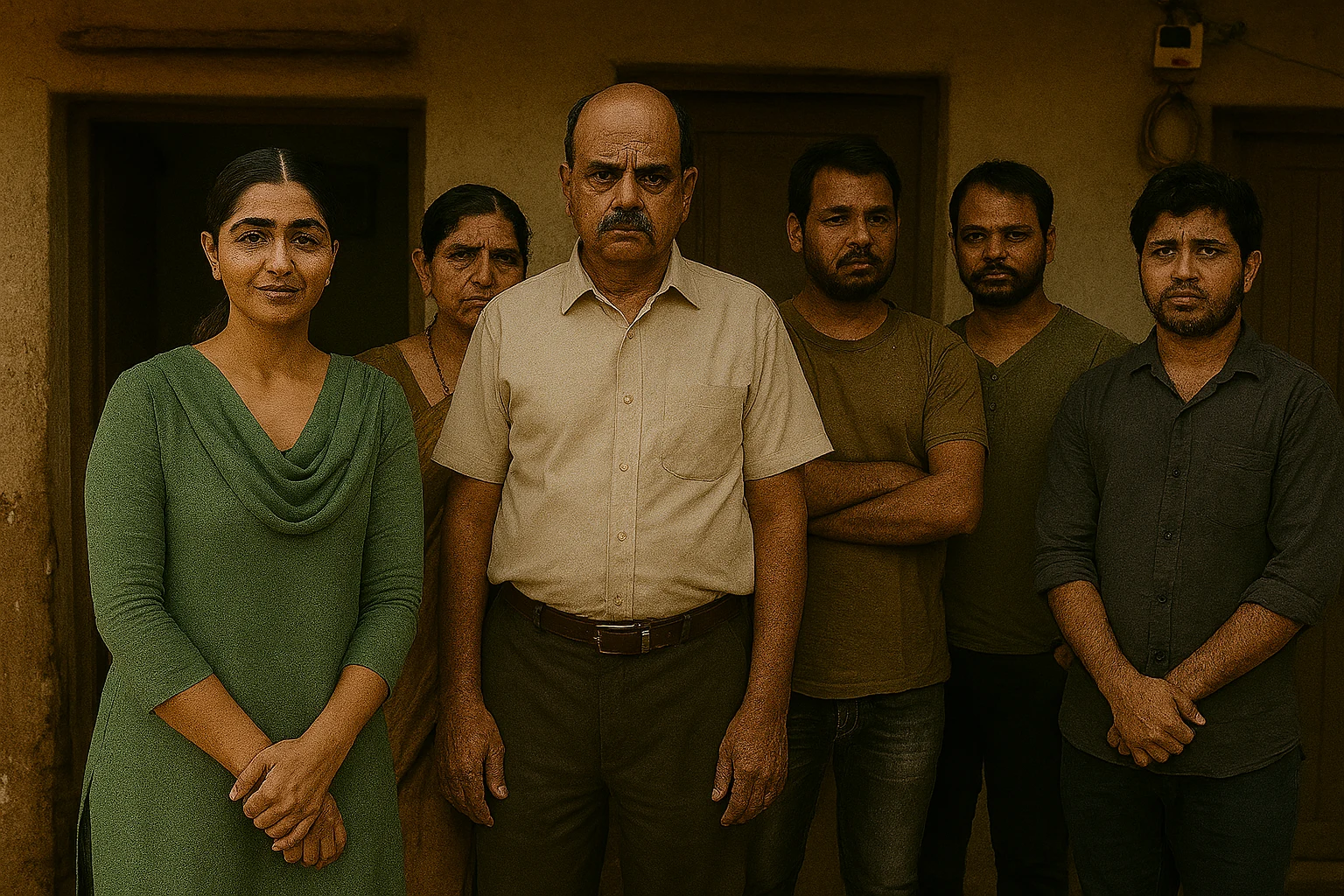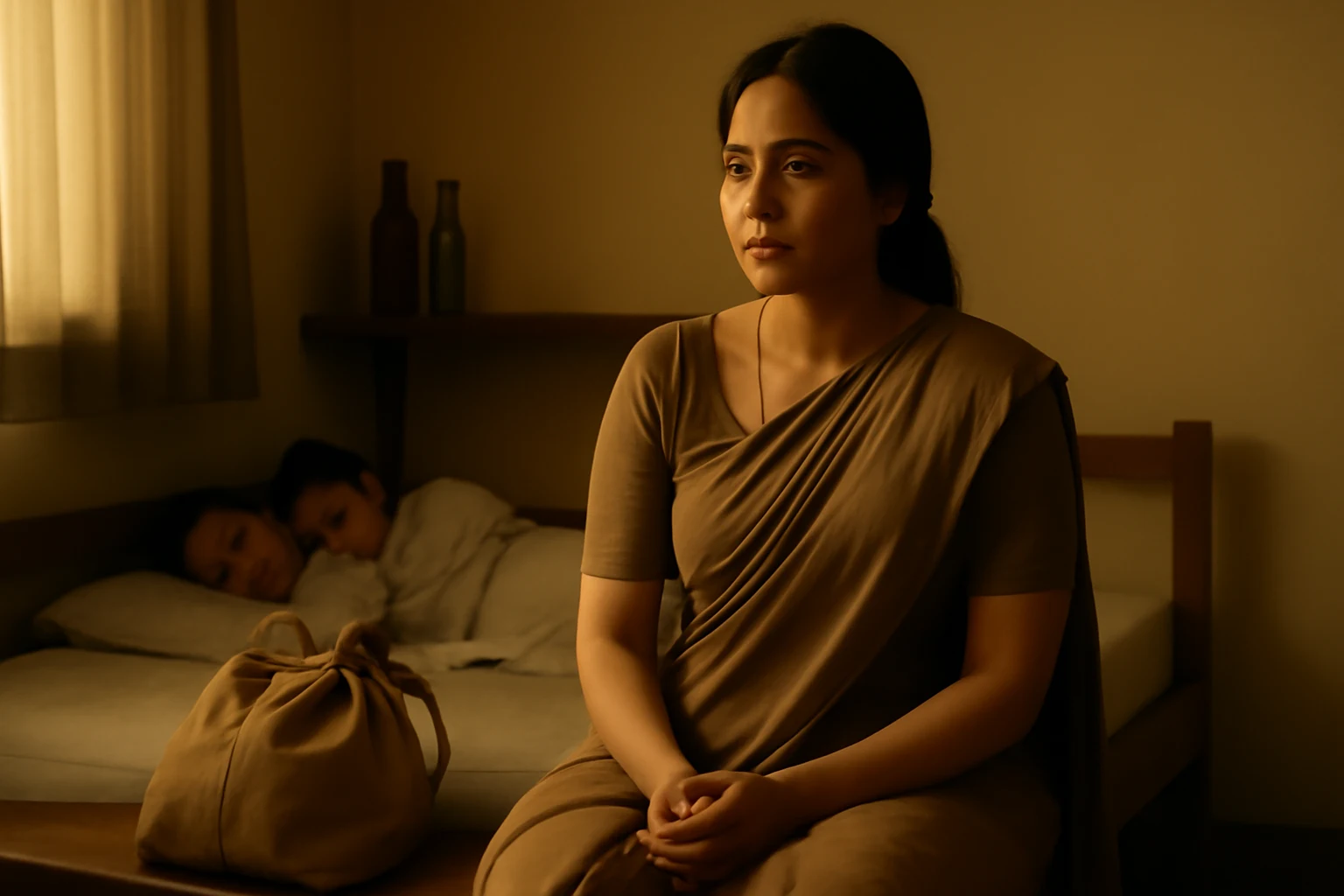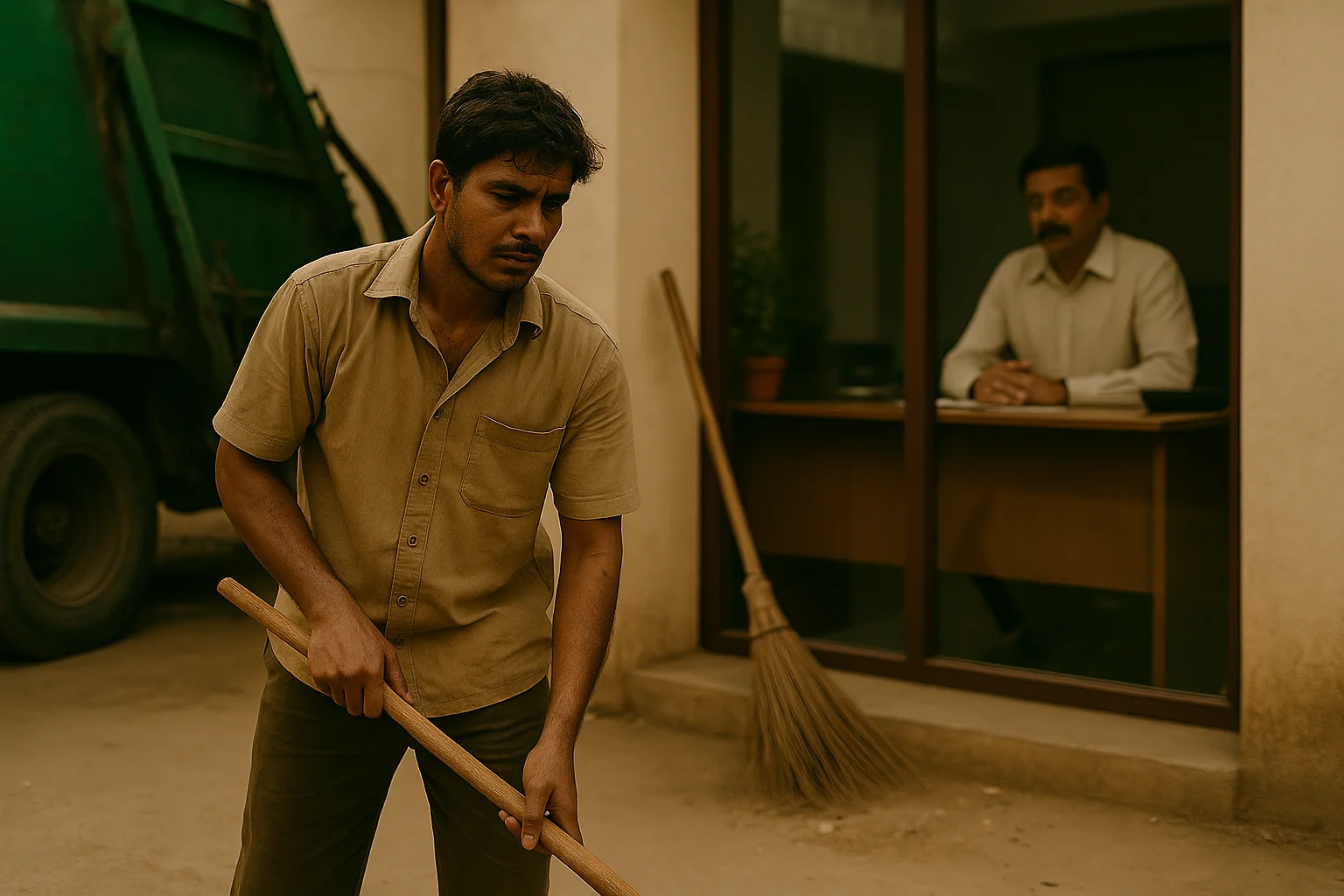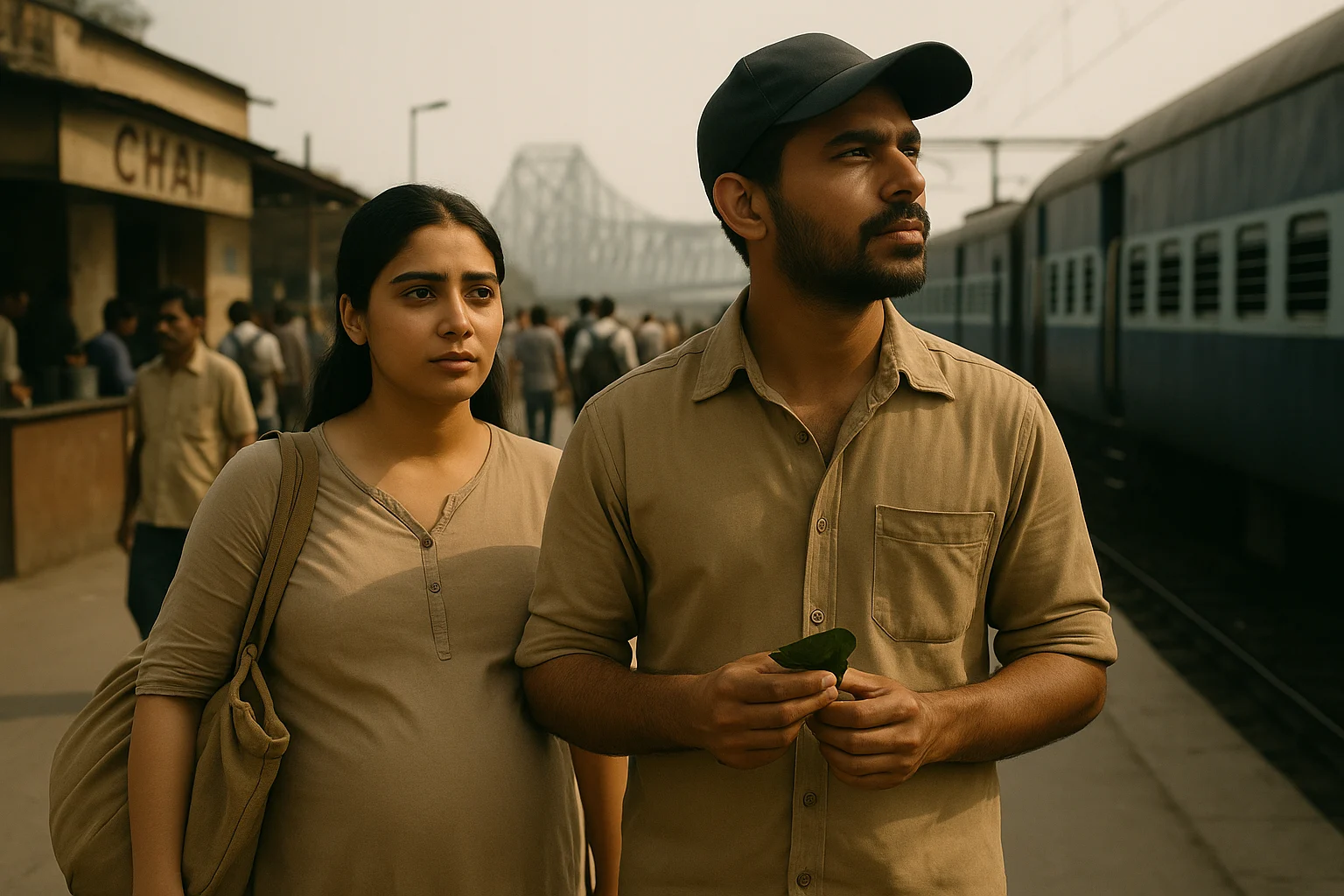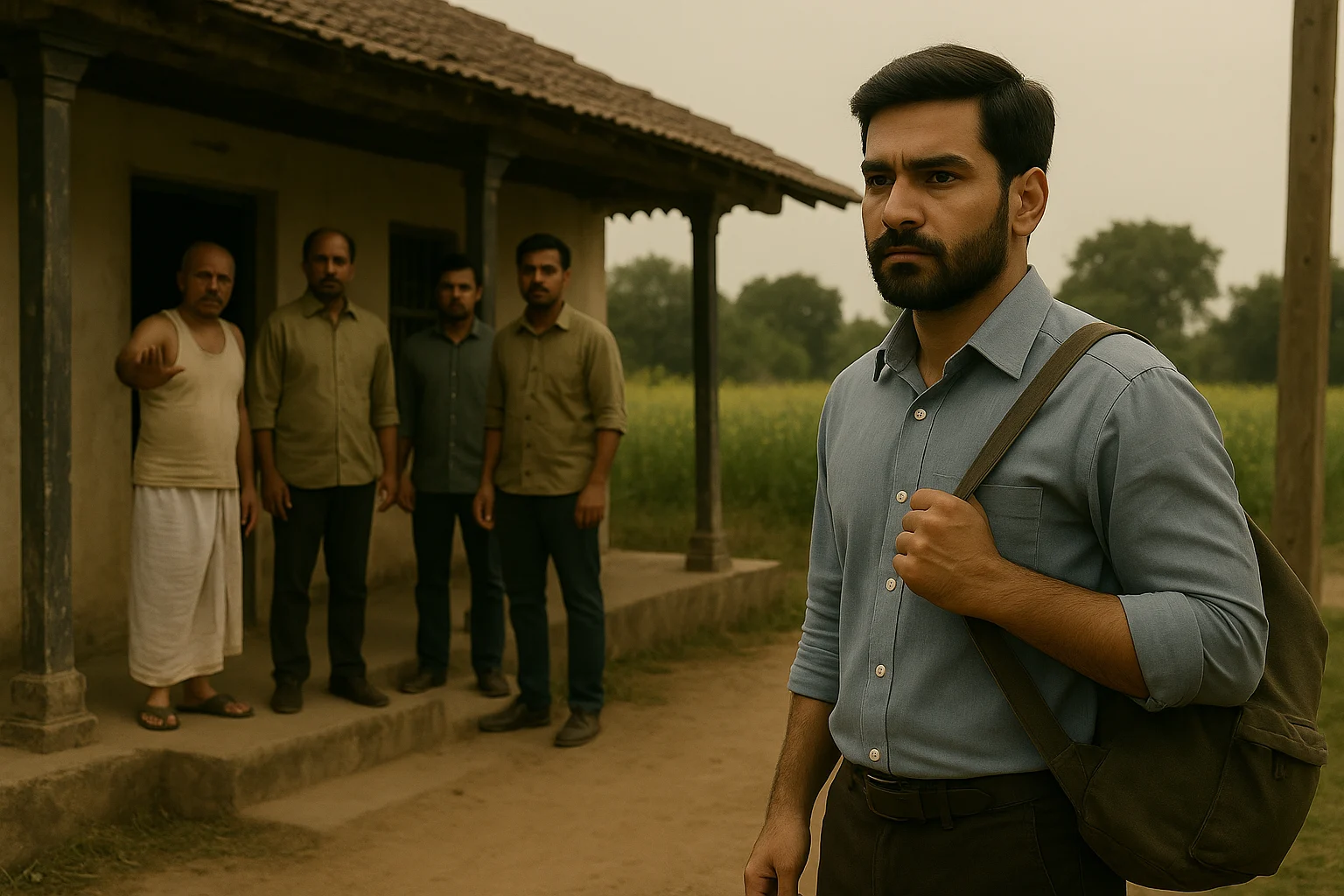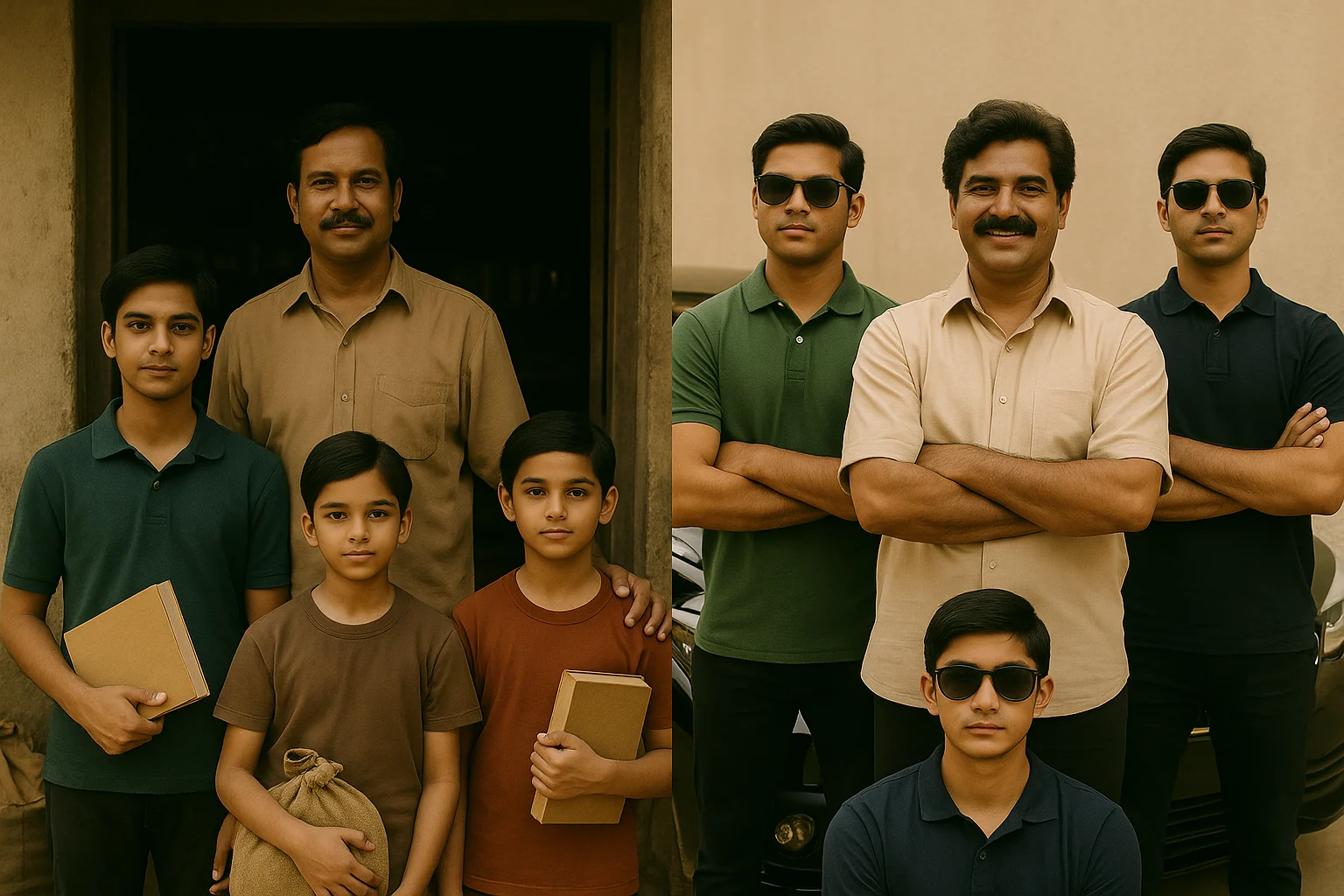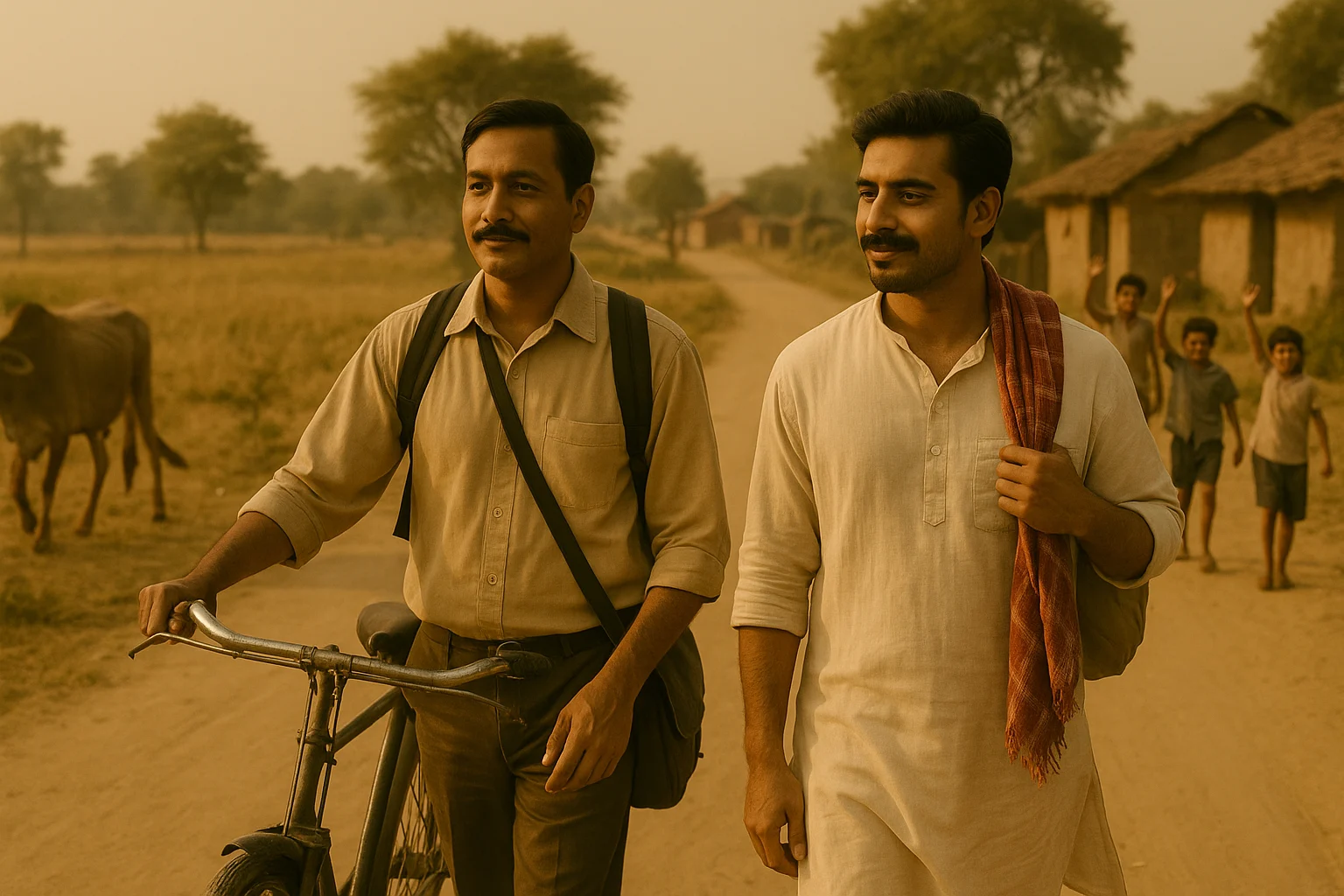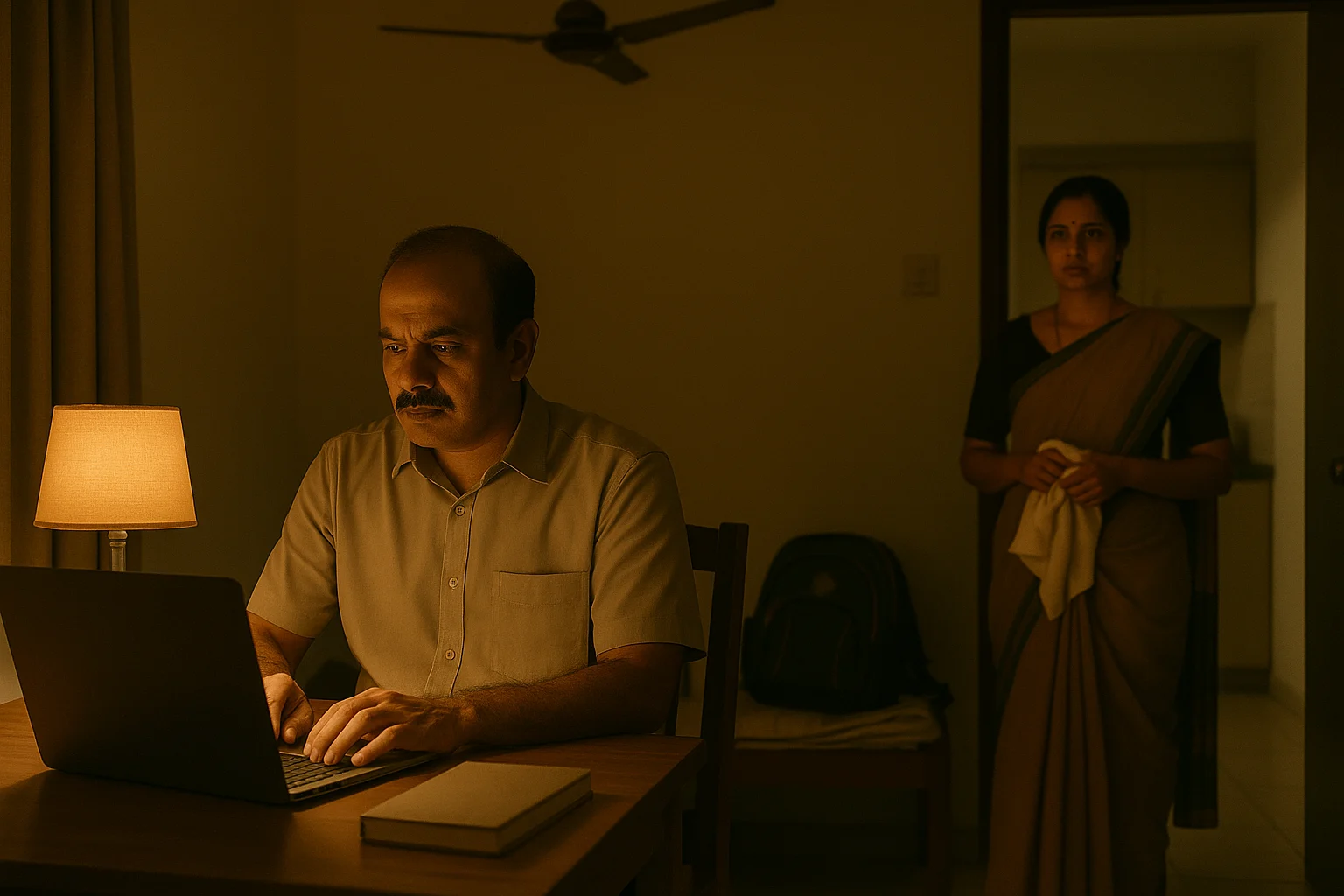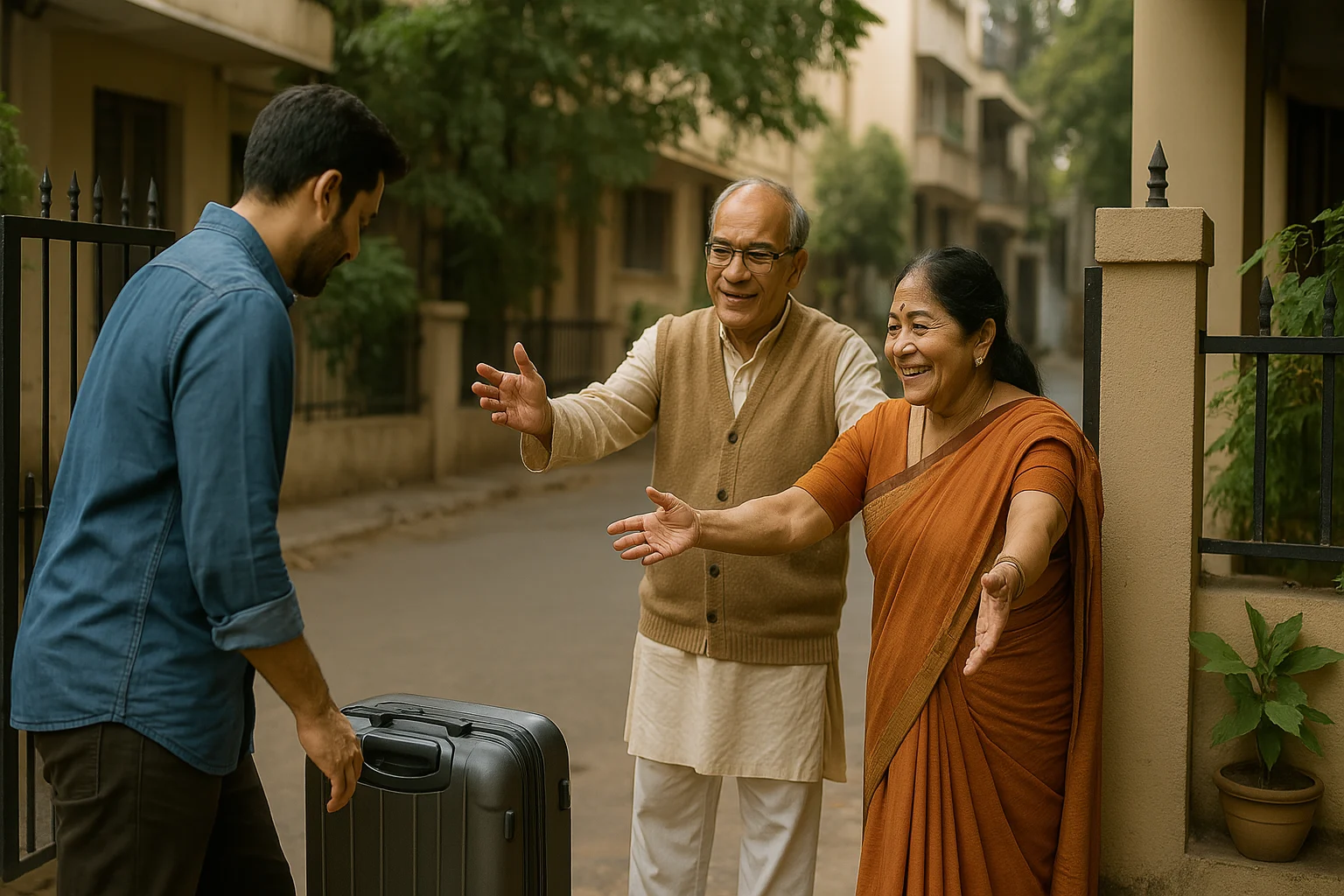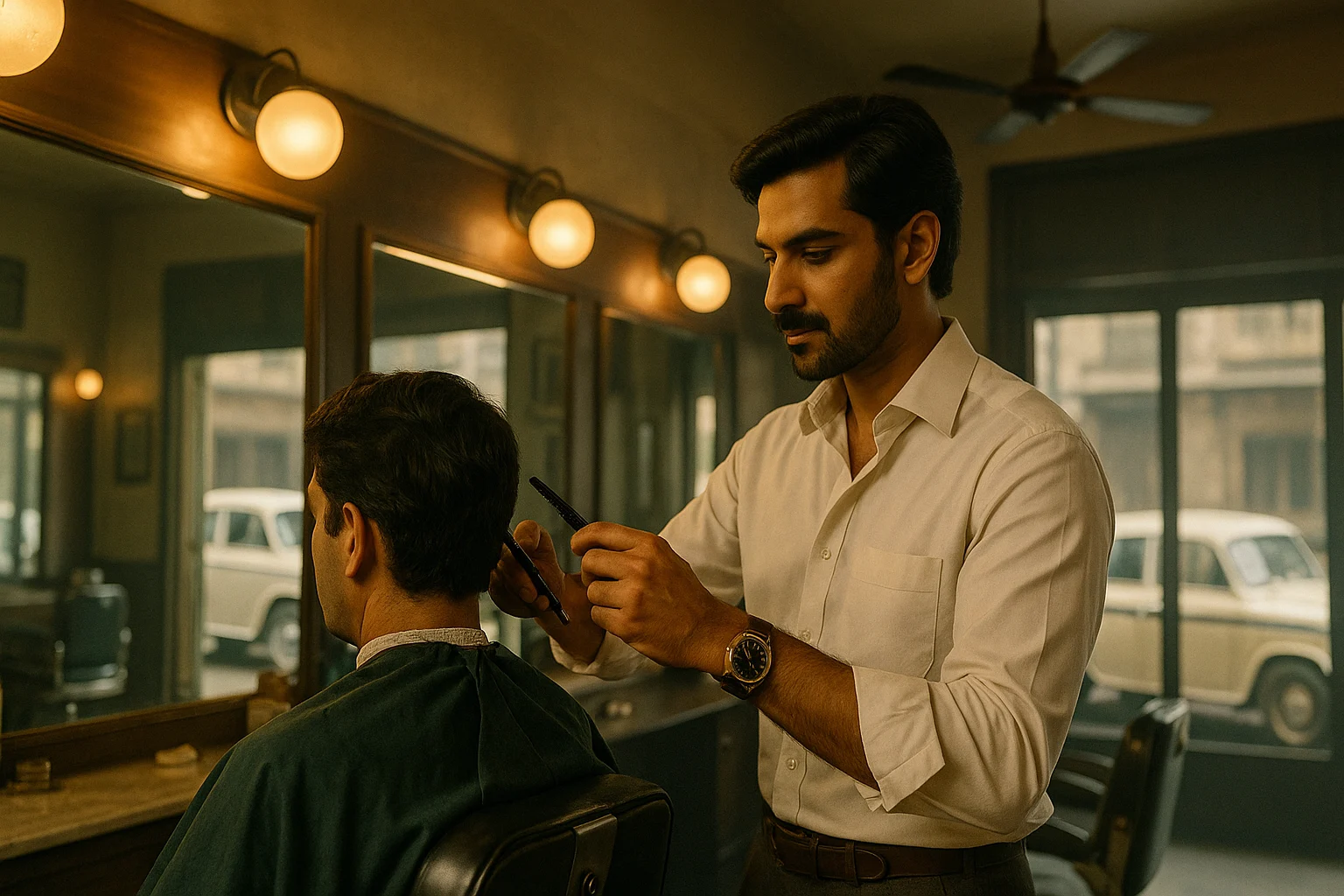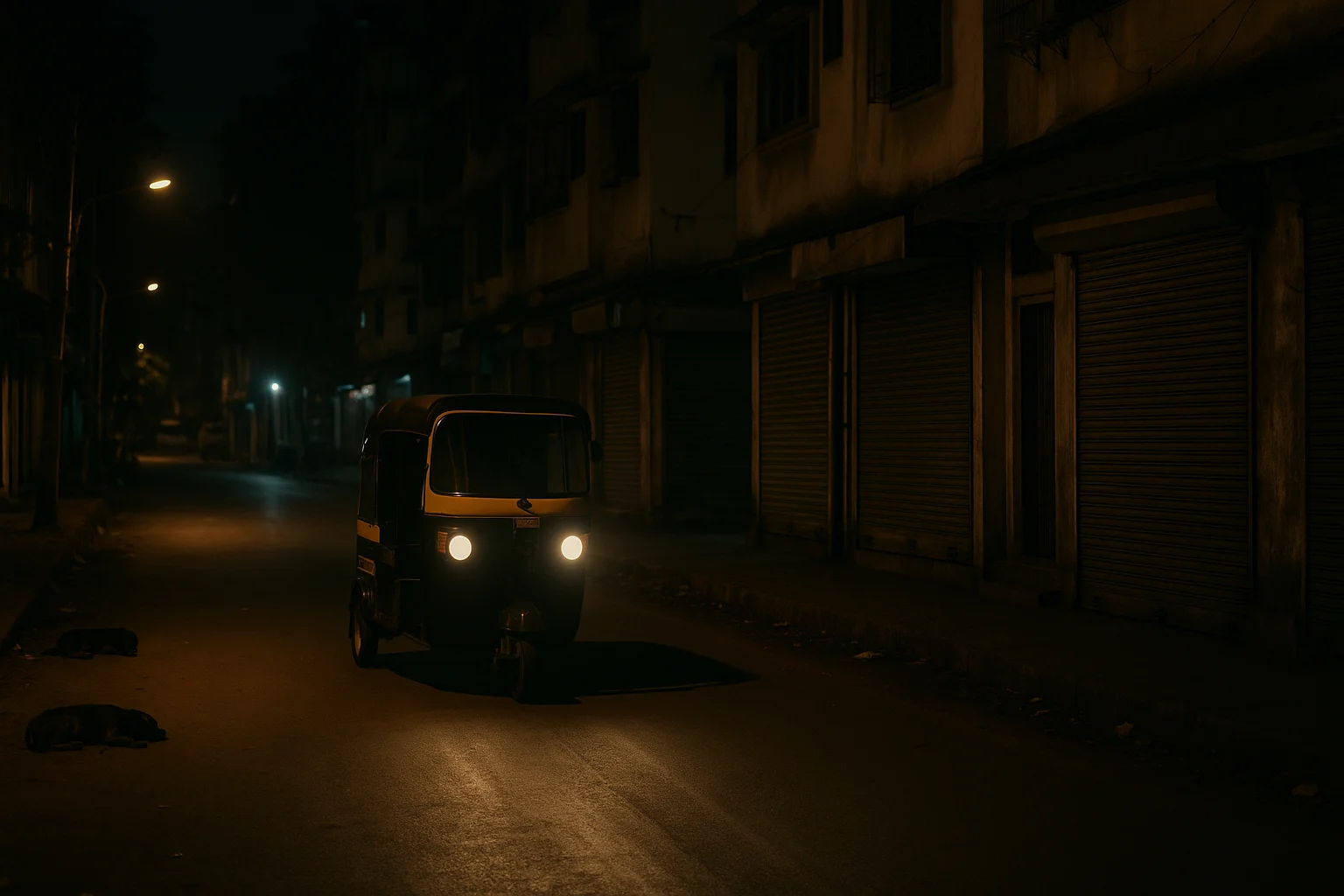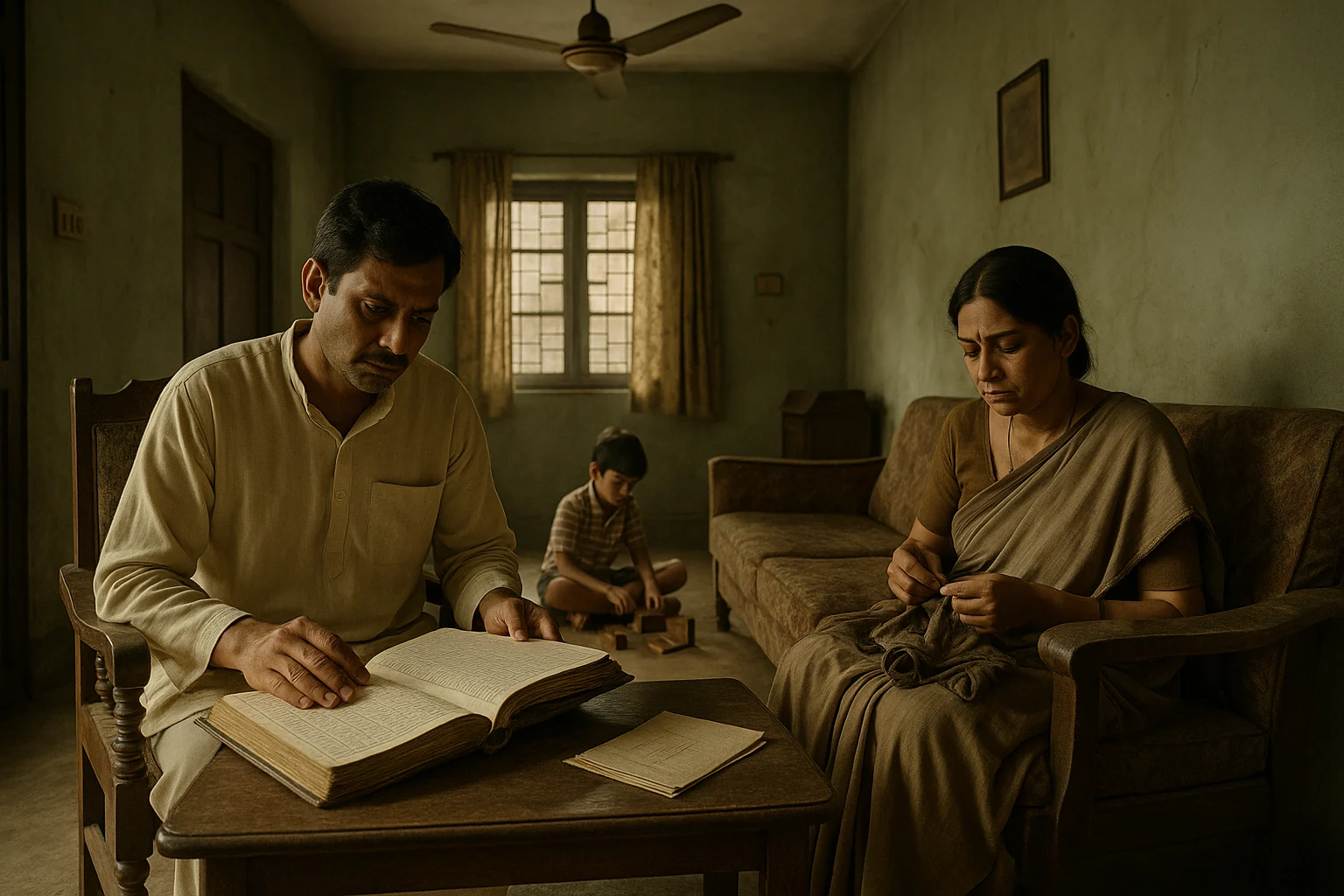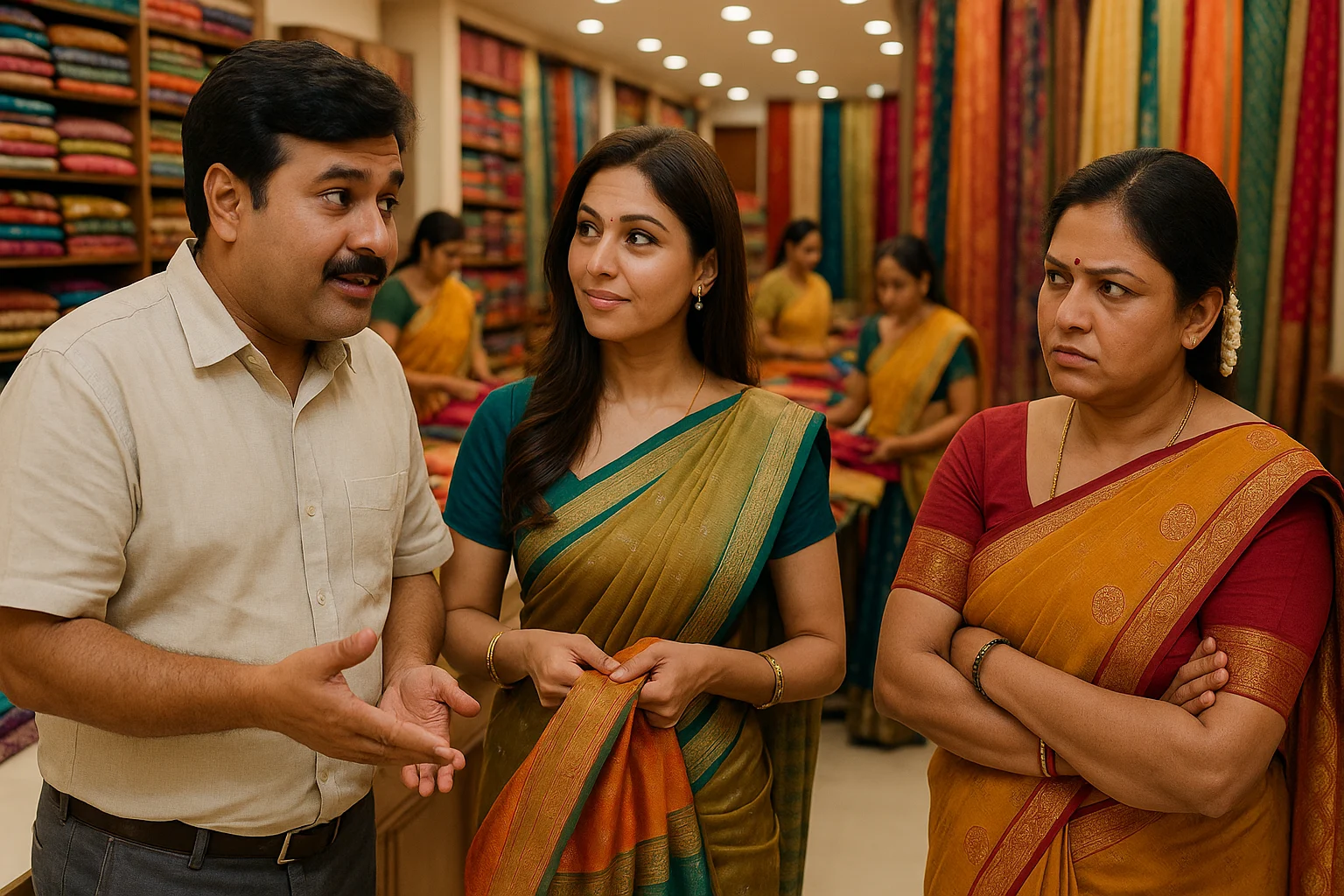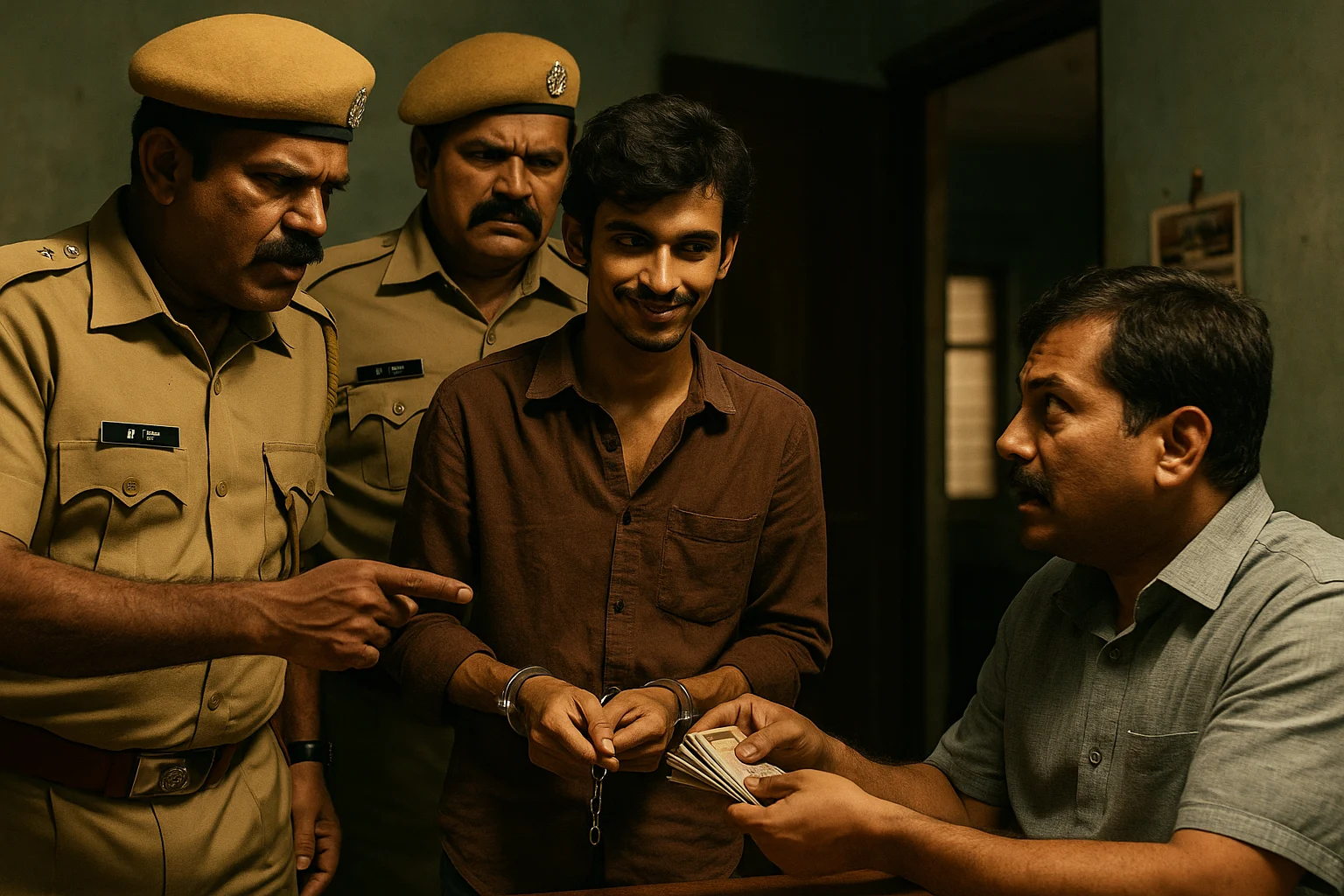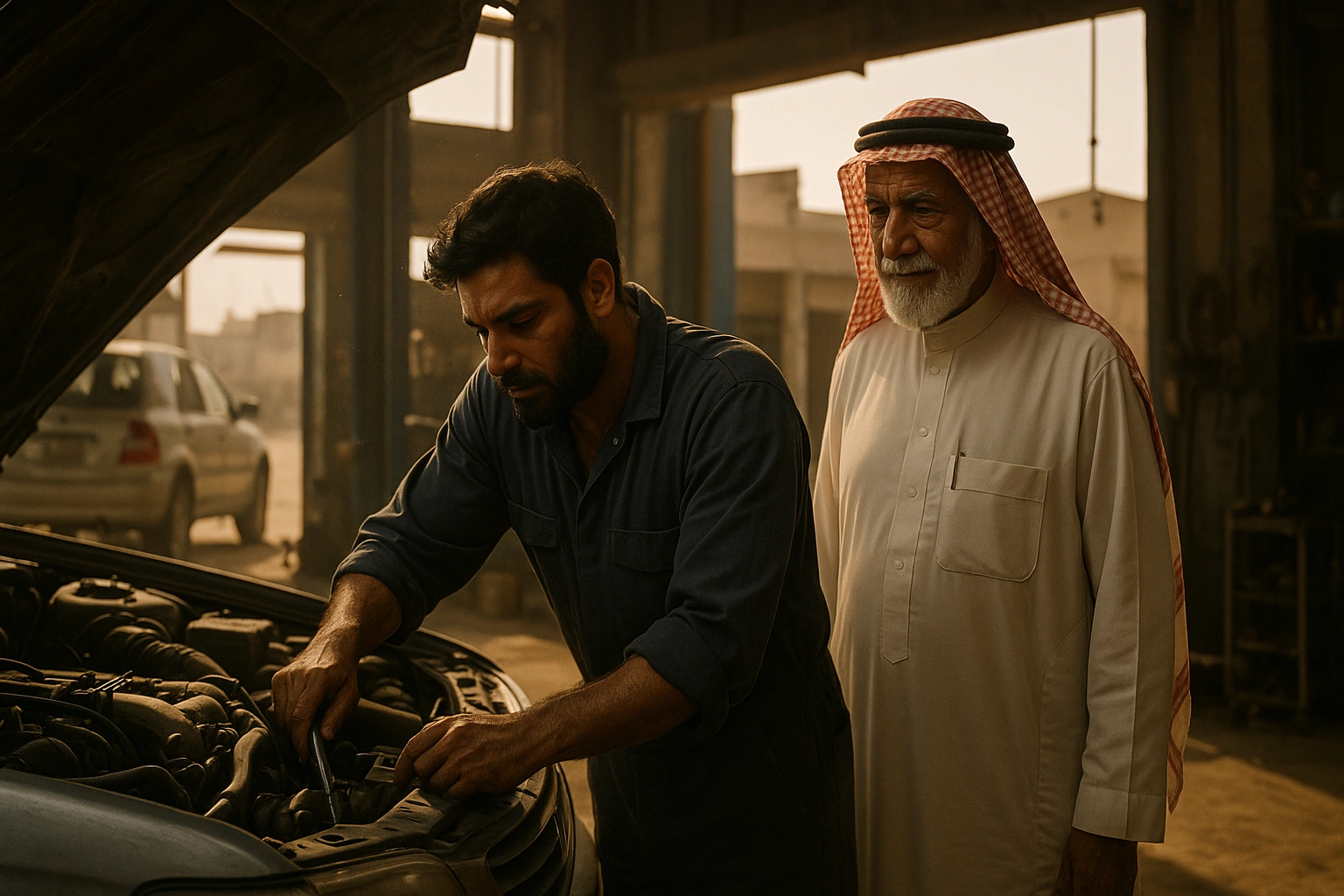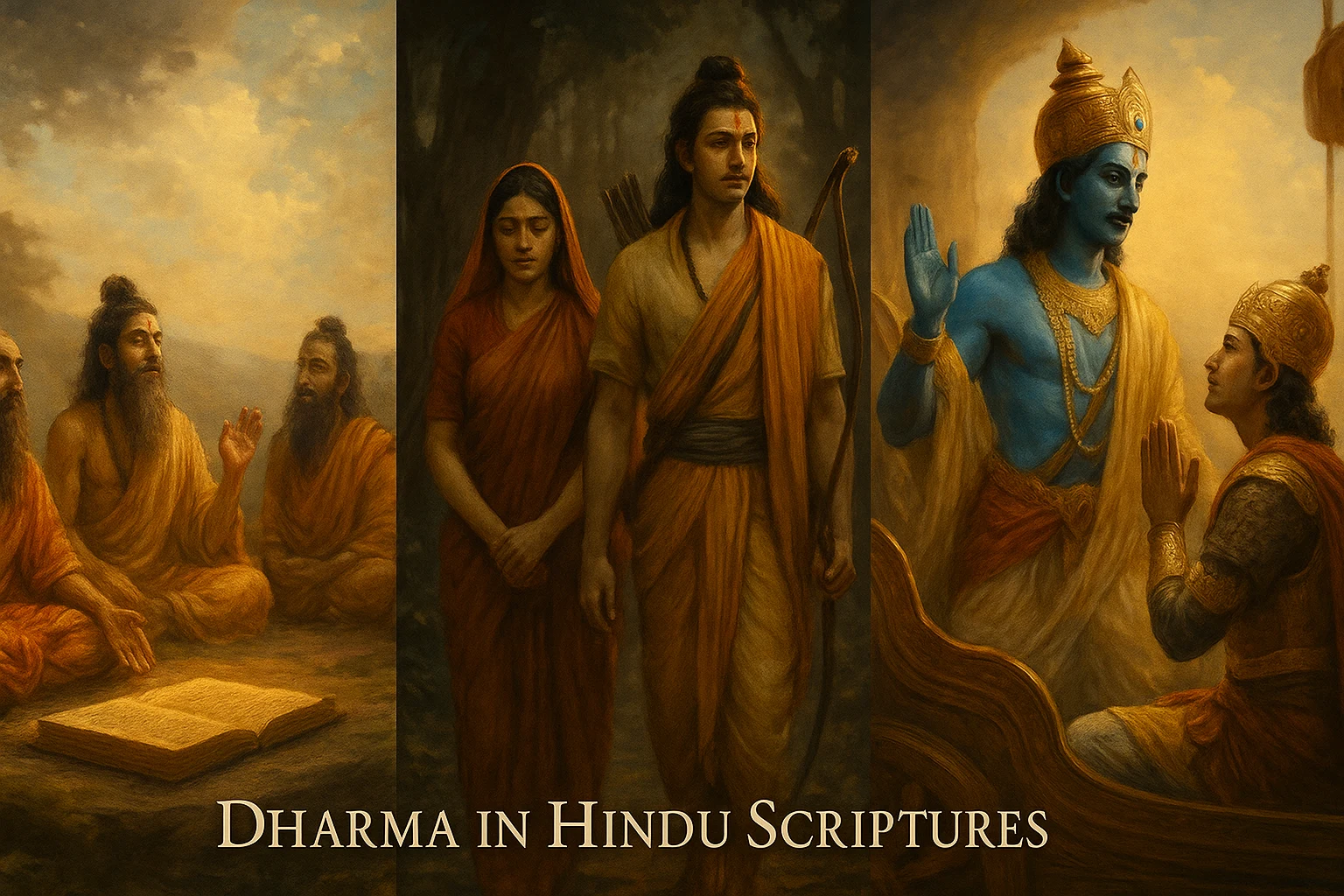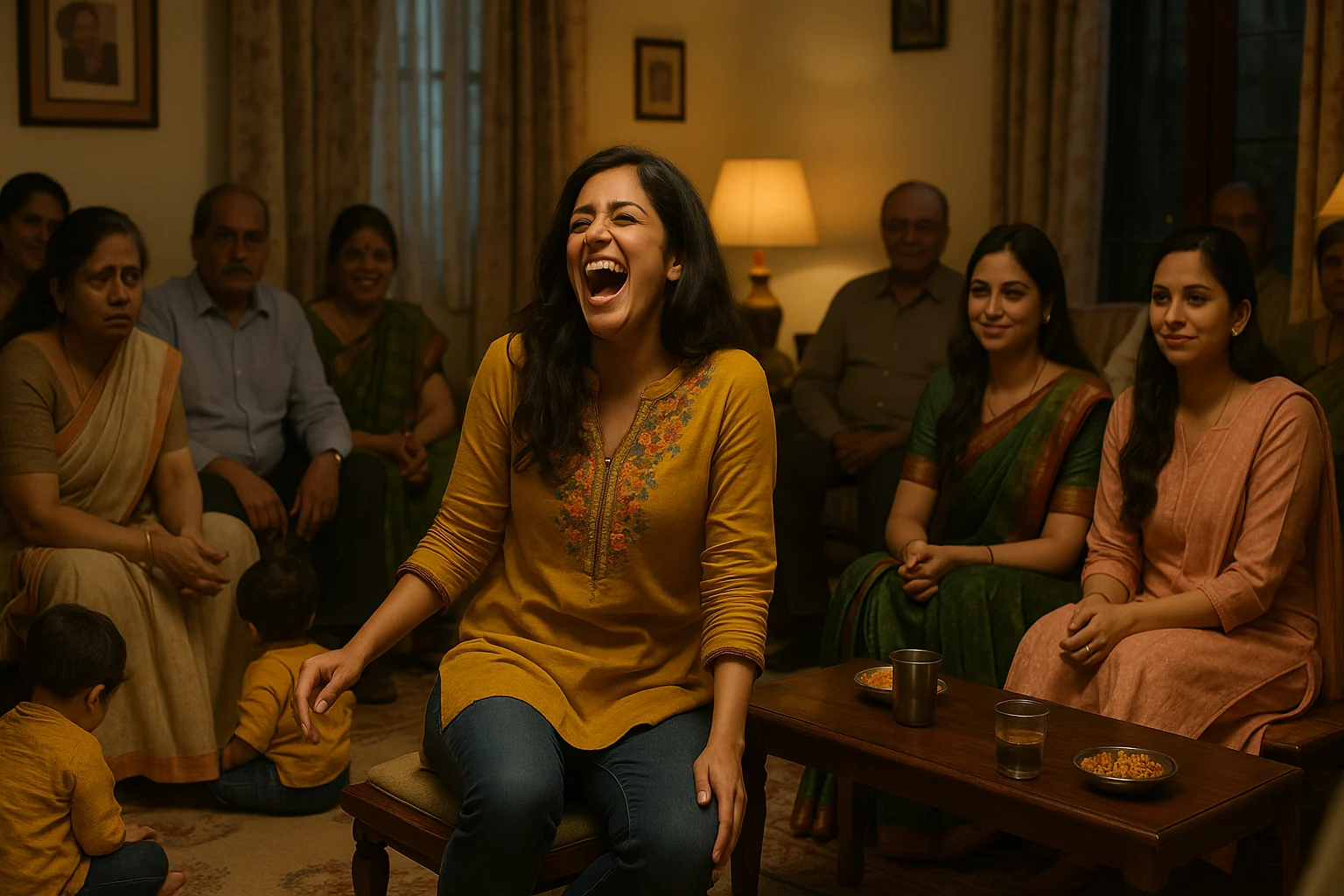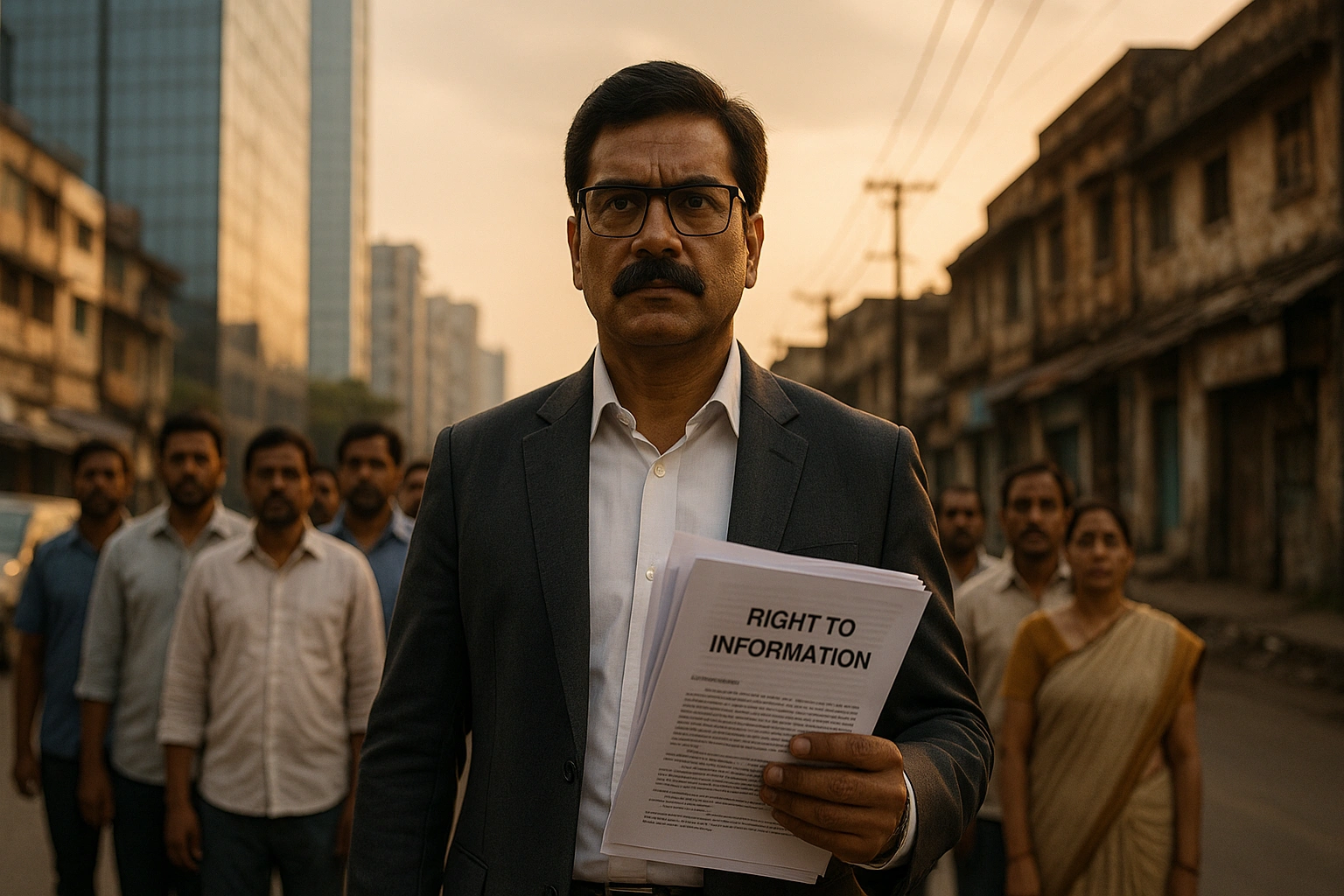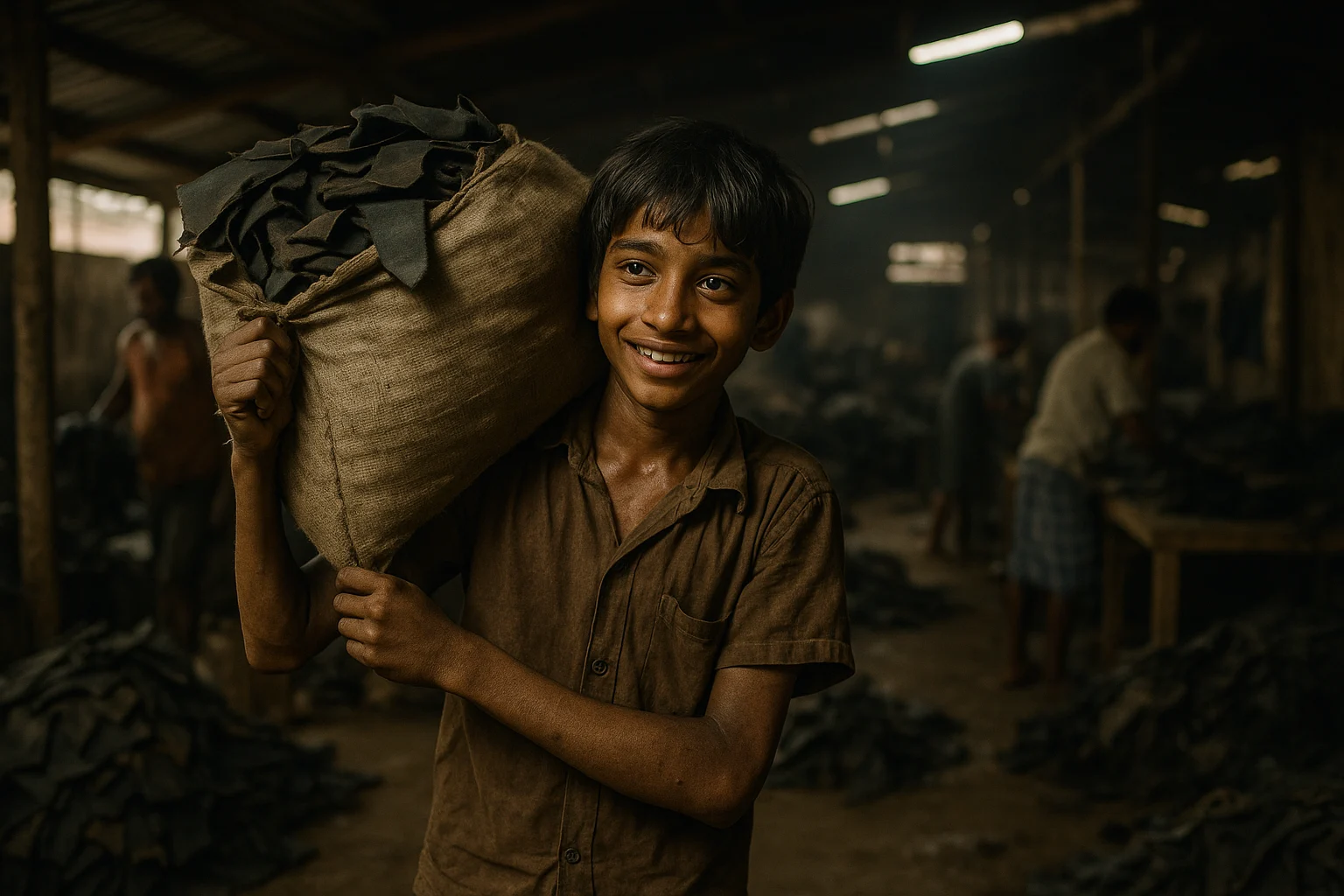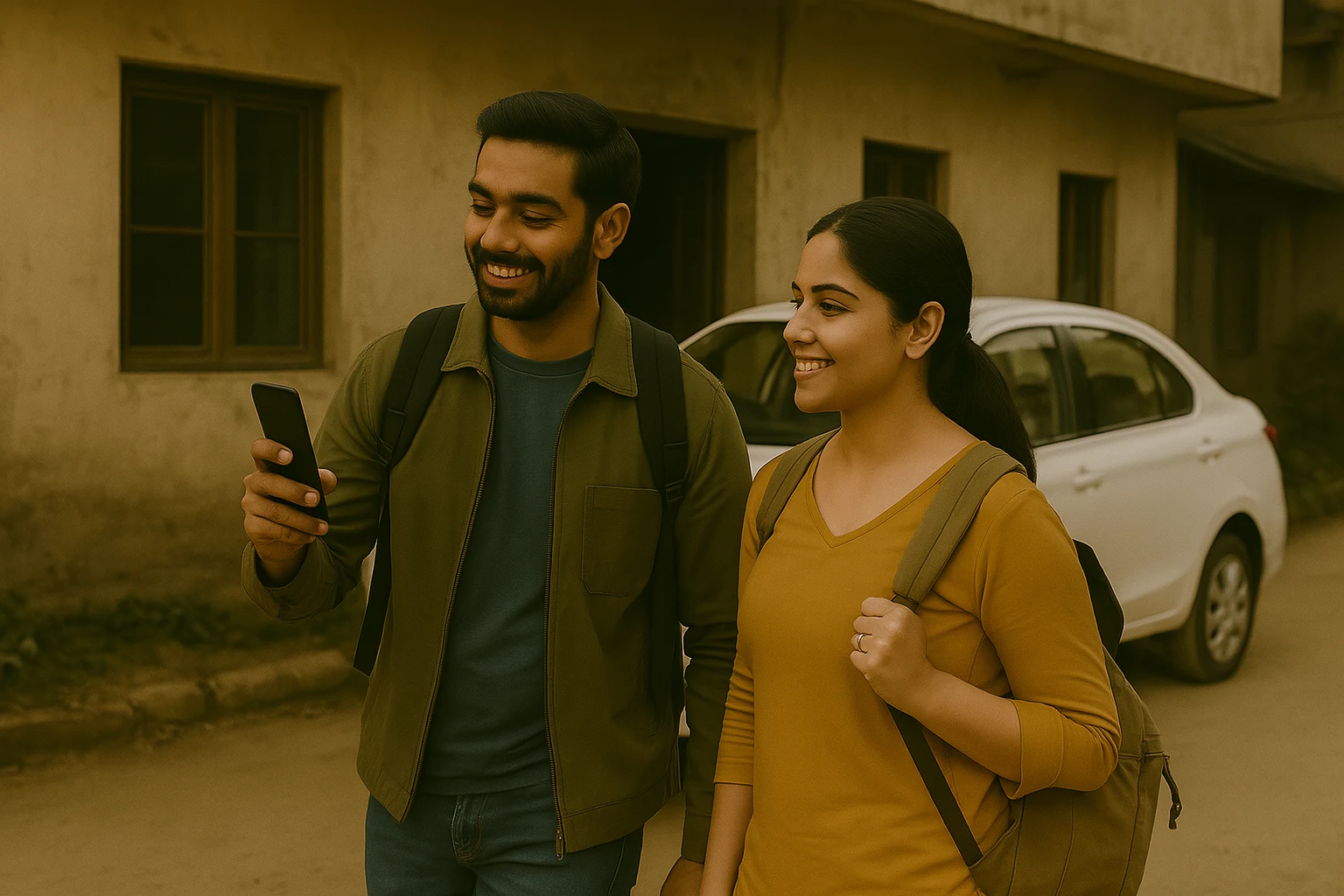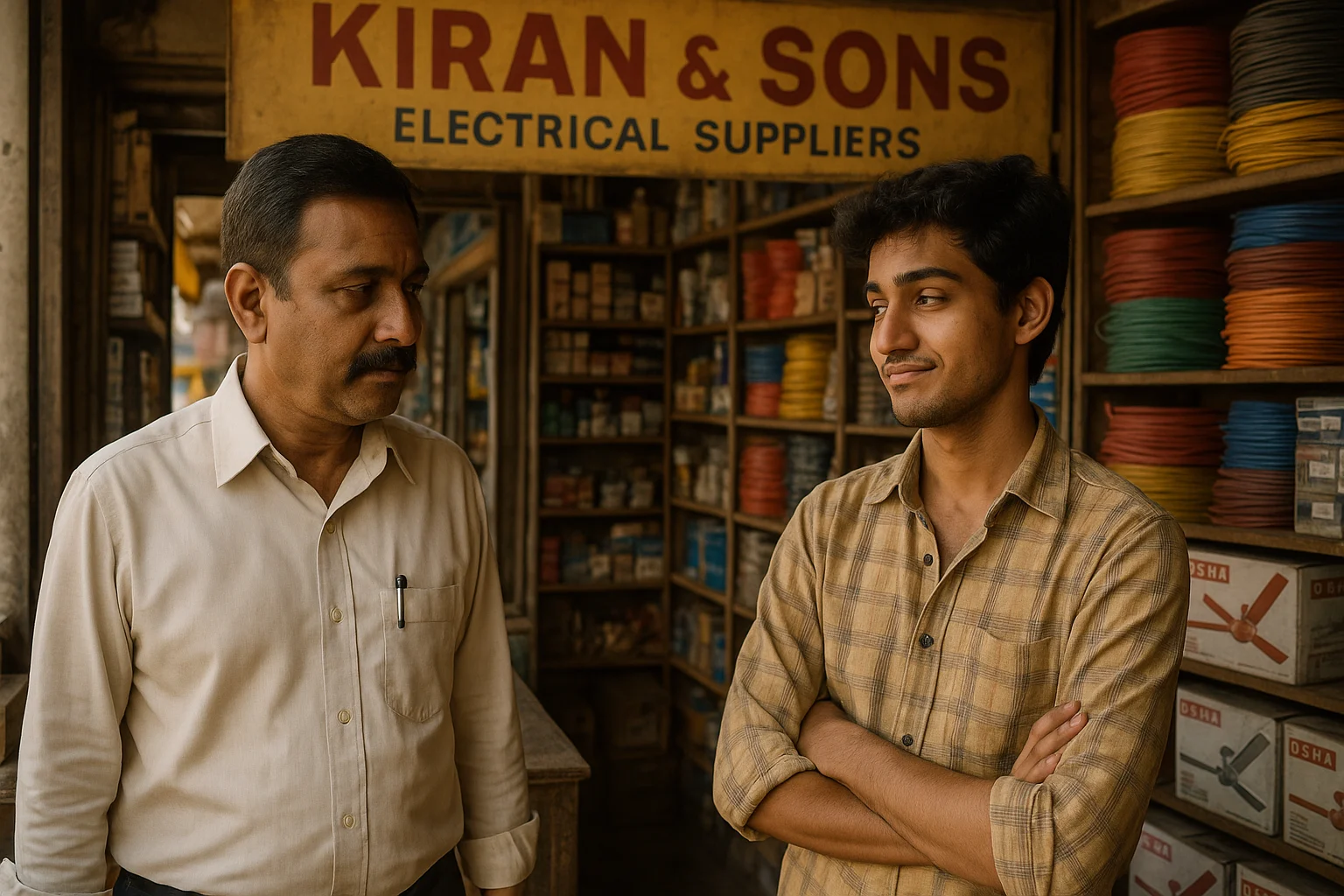Under the dim streetlight of a crumbling old neighborhood, Meera sat on the broken steps of a lodge, staring at the empty road. For fifteen years, she had lived a life she never chose—dragged into prostitution not by desire but by the heavy weight of poverty and her parents’ illnesses.
Her father’s medicines, her mother’s dialysis, and her younger brother’s education had all depended on her income. She had convinced herself that one day, when responsibilities eased, she would leave this cursed profession. But years rolled by, parents died, her brother abandoned her, and all she was left with was the stigma of being a prostitute.

The Battle Outside the Brothel
When Meera finally decided to leave, she thought her struggles would end. She longed for a small clerical job, or maybe work at a tailoring shop. But everywhere she went, whispers followed.
“She’s from that kotha,” the shopkeepers said.
“Such women can’t work respectably,” sneered another.
Ironically, the trauma she now faced outside the brothel was worse than the nights she had spent inside it. Her old customers were the cruelest. Some mocked her openly. Others approached her at workplaces, taunting her employers:
“Do you know who she really is?”
The employers, afraid of gossip, would quietly let her go.
Loneliness and the Breaking Point
Months of humiliation broke Meera from within. She lived in a single rented room, often skipping meals. At times, she laughed at the irony—when she was a prostitute, men lined up at her door. Now, when she wanted to live with dignity, society slammed every door shut.
One evening, she gathered courage and applied for work at a women’s NGO. The head, a stern woman named Sarita, asked her to come back after a week. When Meera returned, she found Sarita’s office locked—someone had warned her about Meera’s past.
Standing on the roadside in tears, Meera felt the world collapsing again.

The Man Who Changed Everything
It was then she met Ravi, a social activist distributing food packets to homeless women. His eyes noticed Meera not with lust, but with empathy. He approached her gently:
“Have you eaten today?”
Meera, startled, replied, “I’m not a beggar.”
Ravi smiled softly, “I never said you were. I just asked if you’re hungry.”
For the first time in years, Meera felt someone had spoken to her like a human being.
Over weeks, Ravi kept meeting her—sometimes outside her room, sometimes near the tea stall. He never asked about her past until one day, she confessed everything. She waited for disgust in his eyes. Instead, he said:
“Meera, your past doesn’t define your future. If society cannot accept you, we’ll make society change.”

Marriage Against All Odds
When Ravi proposed marriage, Meera was shocked. She warned him:
“People will mock you. They’ll say you married a prostitute.”
Ravi replied calmly, “Let them. My respect does not come from their words. It comes from my actions.”
Their wedding was simple—a small temple, a few garlands, and blessings from a handful of Ravi’s well-wishers. No pomp, no crowd, but for Meera, it was grander than a palace. For the first time, she was called a wife, not an object.

From Pain to Purpose
After marriage, the duo dedicated themselves to social work. They began with counseling sessions for women stuck in prostitution. Slowly, they started training programs—handicrafts, tailoring, even small grocery kiosks.
Meera herself stood in front of women and boldly shared her story. She said,
“I was once where you are today. I was judged, mocked, and abandoned. But today, I stand here as a wife, a social worker, and a woman of dignity.”
Her raw honesty gave strength to others. Newspapers began covering their work. Slowly, society’s perception started shifting.
The Turning Point
One day, a local factory was short of workers. Ravi suggested hiring ex-prostitutes. The manager laughed. But when Meera walked in and shared her story, silence filled the room. She asked:
“Give us one chance. If we fail, never hire us again. If we succeed, promise me you’ll hire more women like us.”
The manager agreed reluctantly. Within weeks, the women proved to be the most hardworking employees. Orders were delivered ahead of schedule, quality was praised, and for the first time, the factory became a safe haven for those society once shunned.

Humor Amid Hardship
Despite the serious struggles, life with Ravi had moments of light. Meera often teased him:
“You’re the only man who never paid me a single rupee, yet you got lifetime service free.”
Ravi would laugh, “That’s because I gave you my whole salary instead.”
Their banter, filled with love and humor, kept them strong even when society tried to break them.
Respect Earned
Years later, Meera was invited to speak at a women’s rights seminar. Ironically, many of her old customers now sat in the audience—silent, embarrassed, unable to meet her eyes.
Meera stood on stage and said:
“You all knew me as a prostitute. But today, I stand before you as a woman who turned pain into power. The same society that mocked me now listens to me. And let me tell you—every woman, no matter her past, deserves dignity.”
The hall thundered with applause.

Moral of the Story
Society often condemns women for circumstances forced upon them. But true strength lies in not hiding the scars, but in transforming them into symbols of courage. Acceptance and empathy can turn even the darkest past into a hopeful future.
Receive Stories and Articles in your Inbox!
We won’t send any promotional or spam emails.
